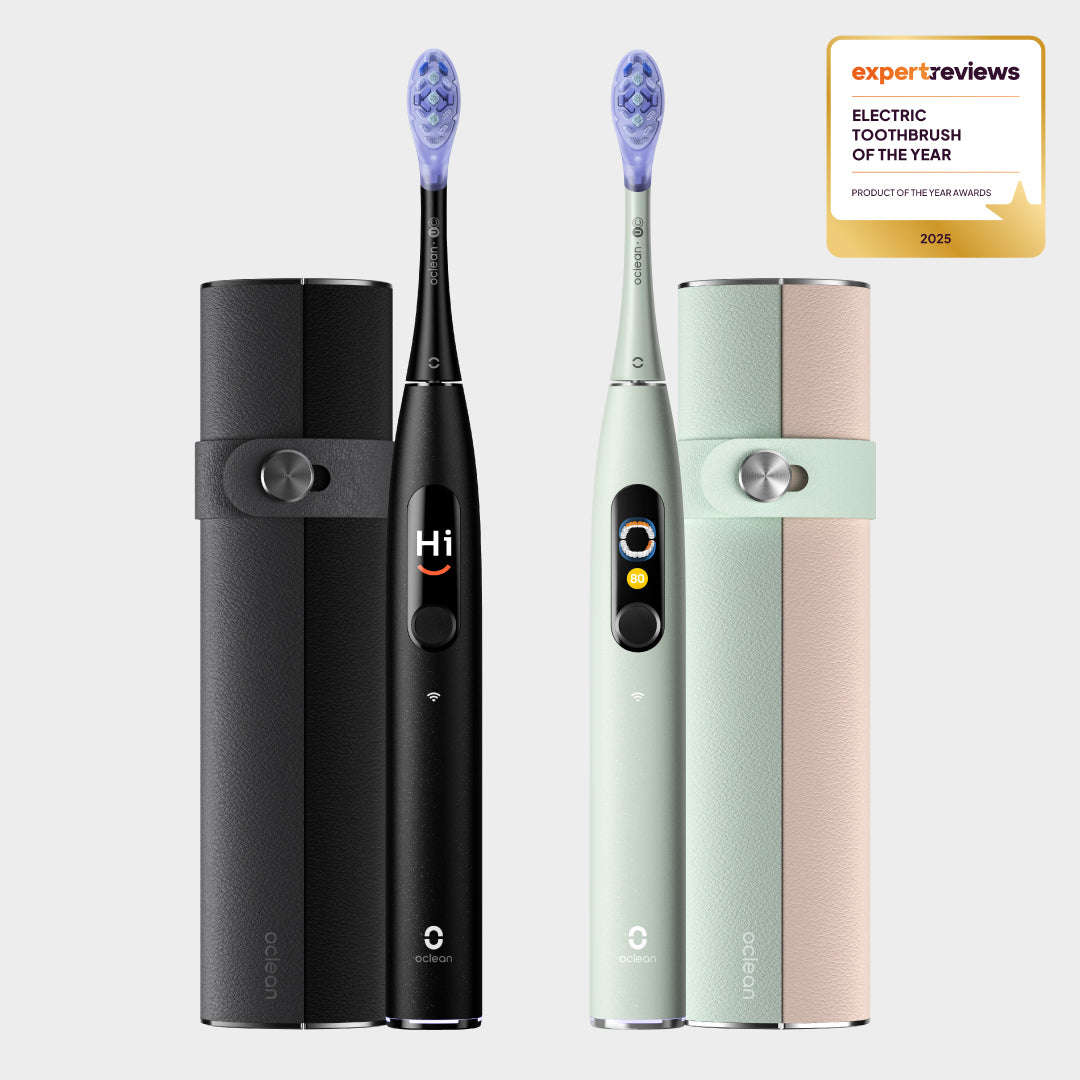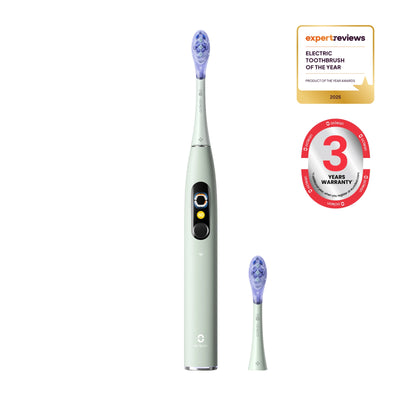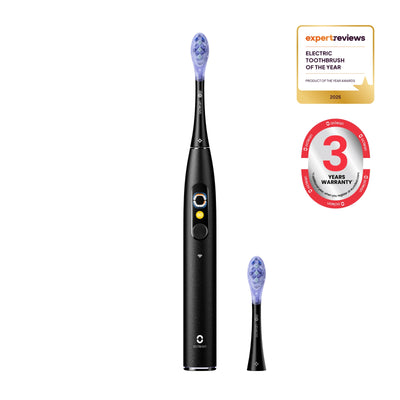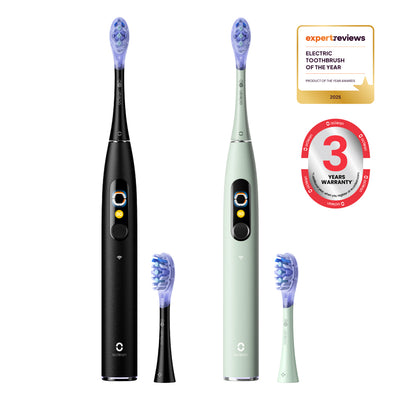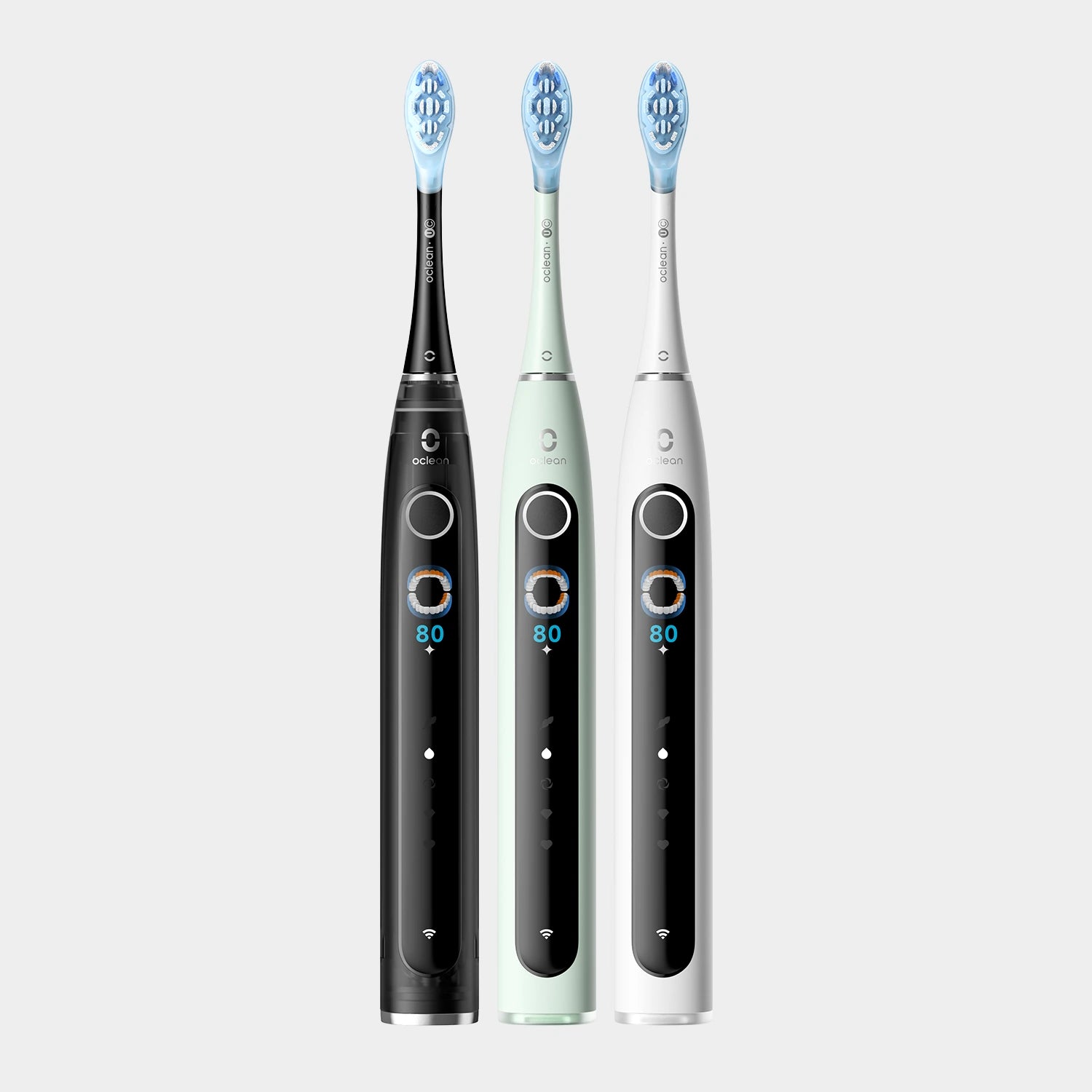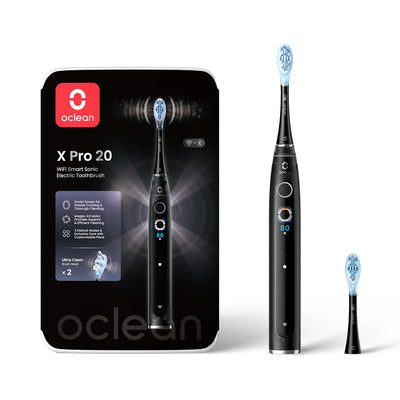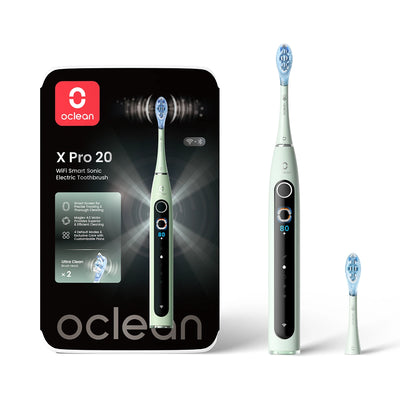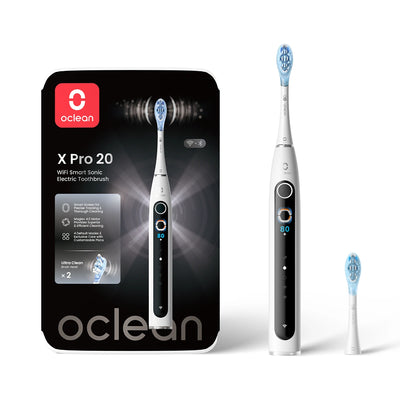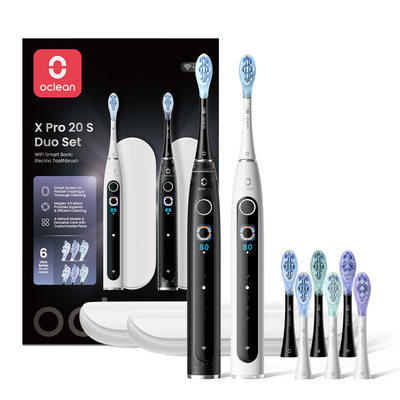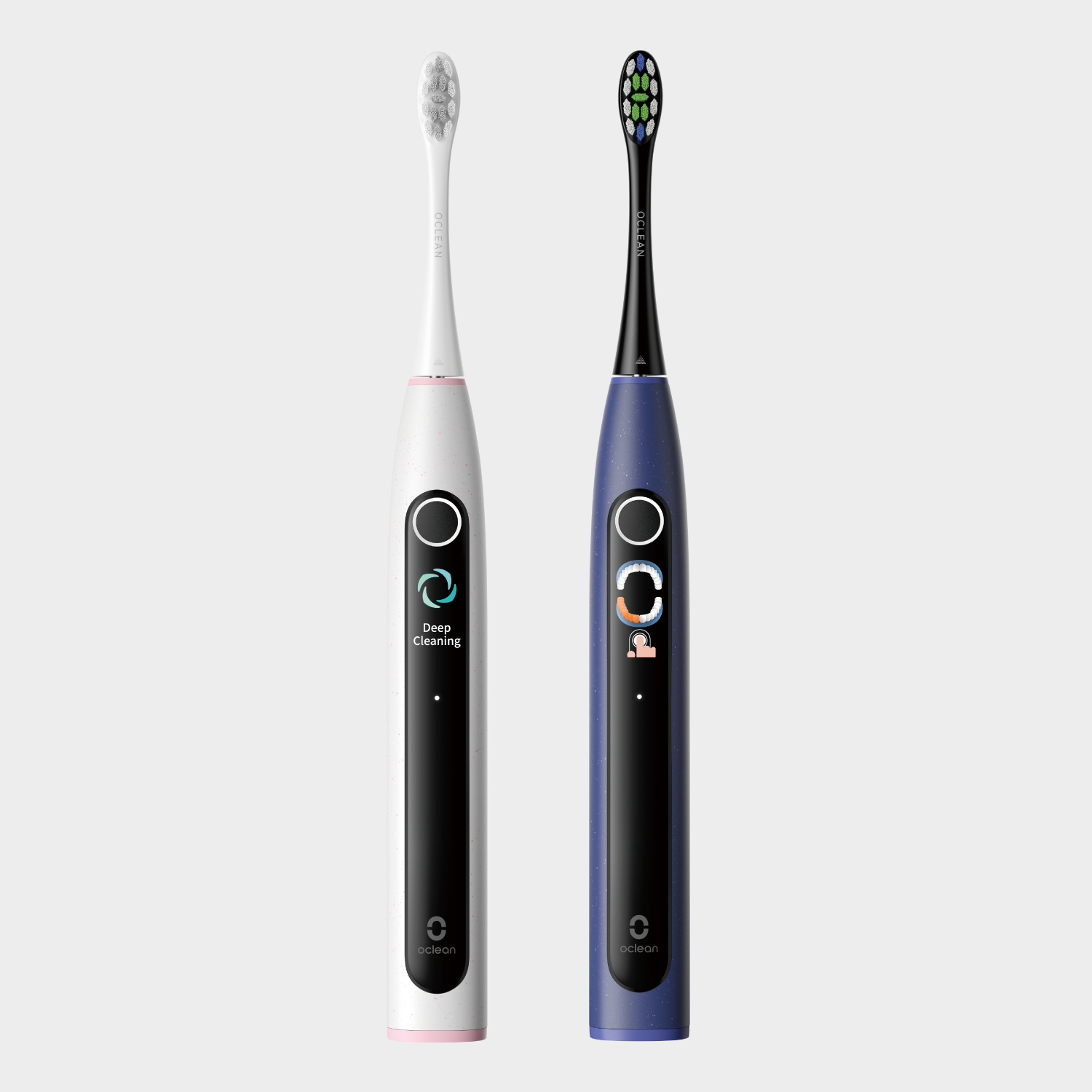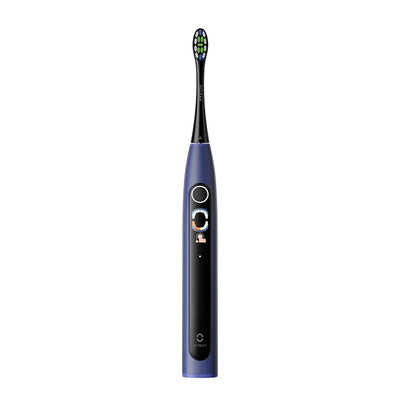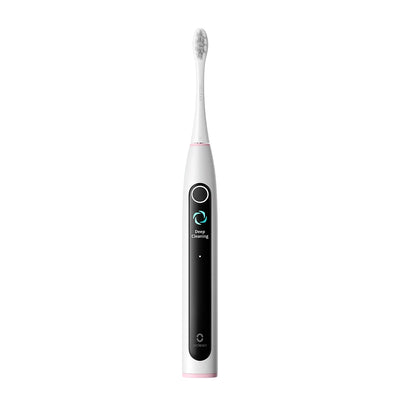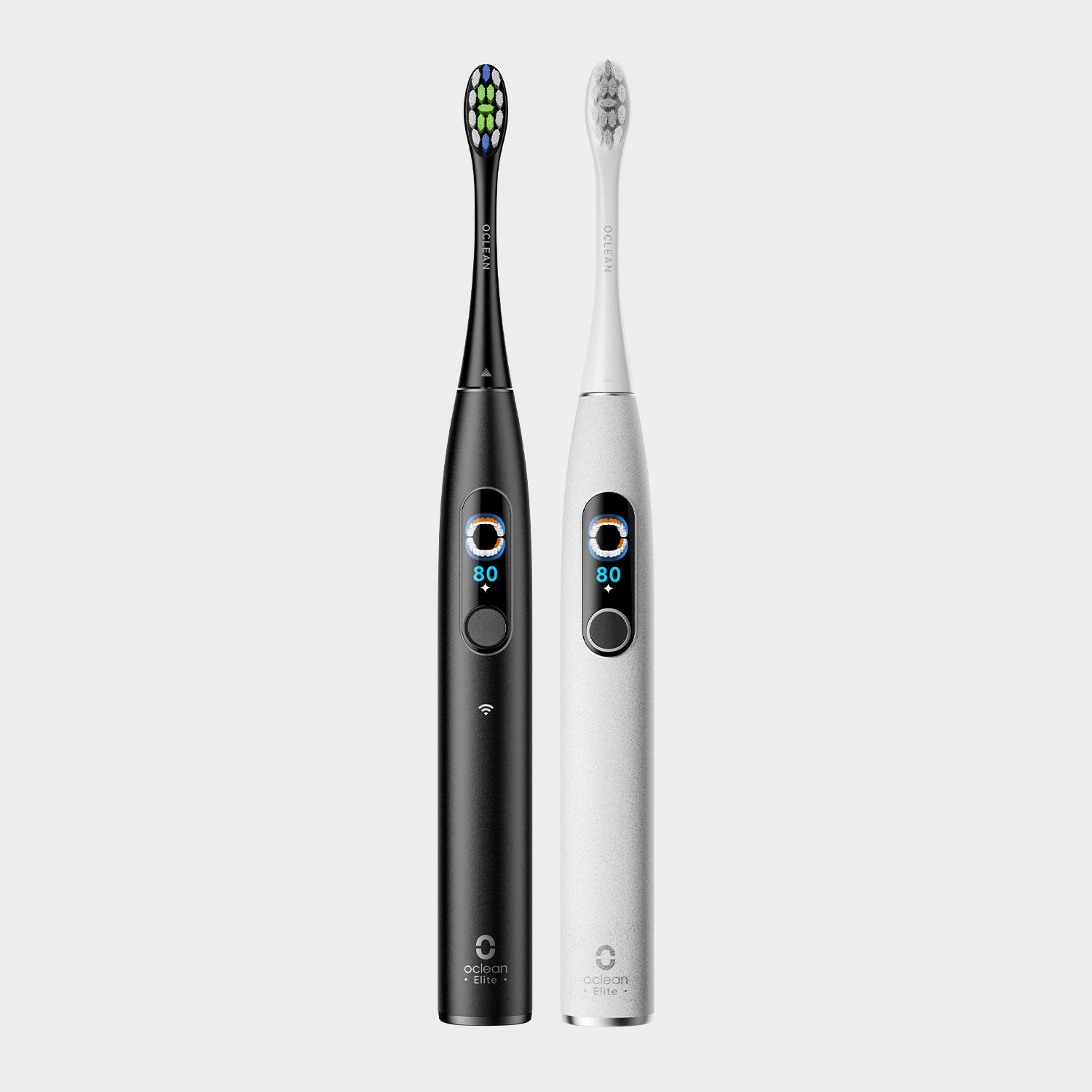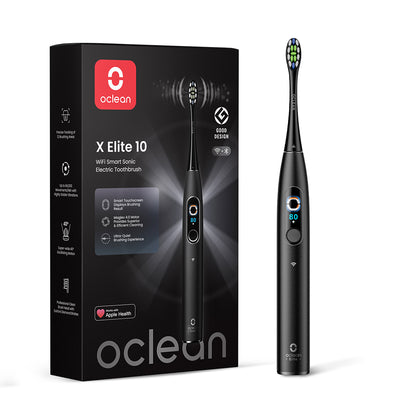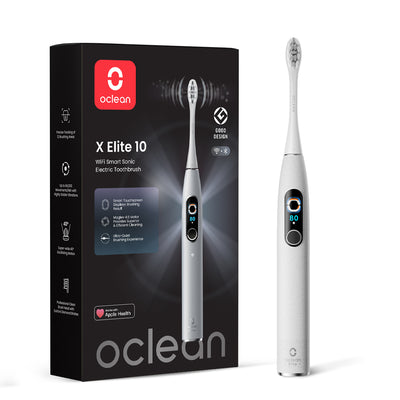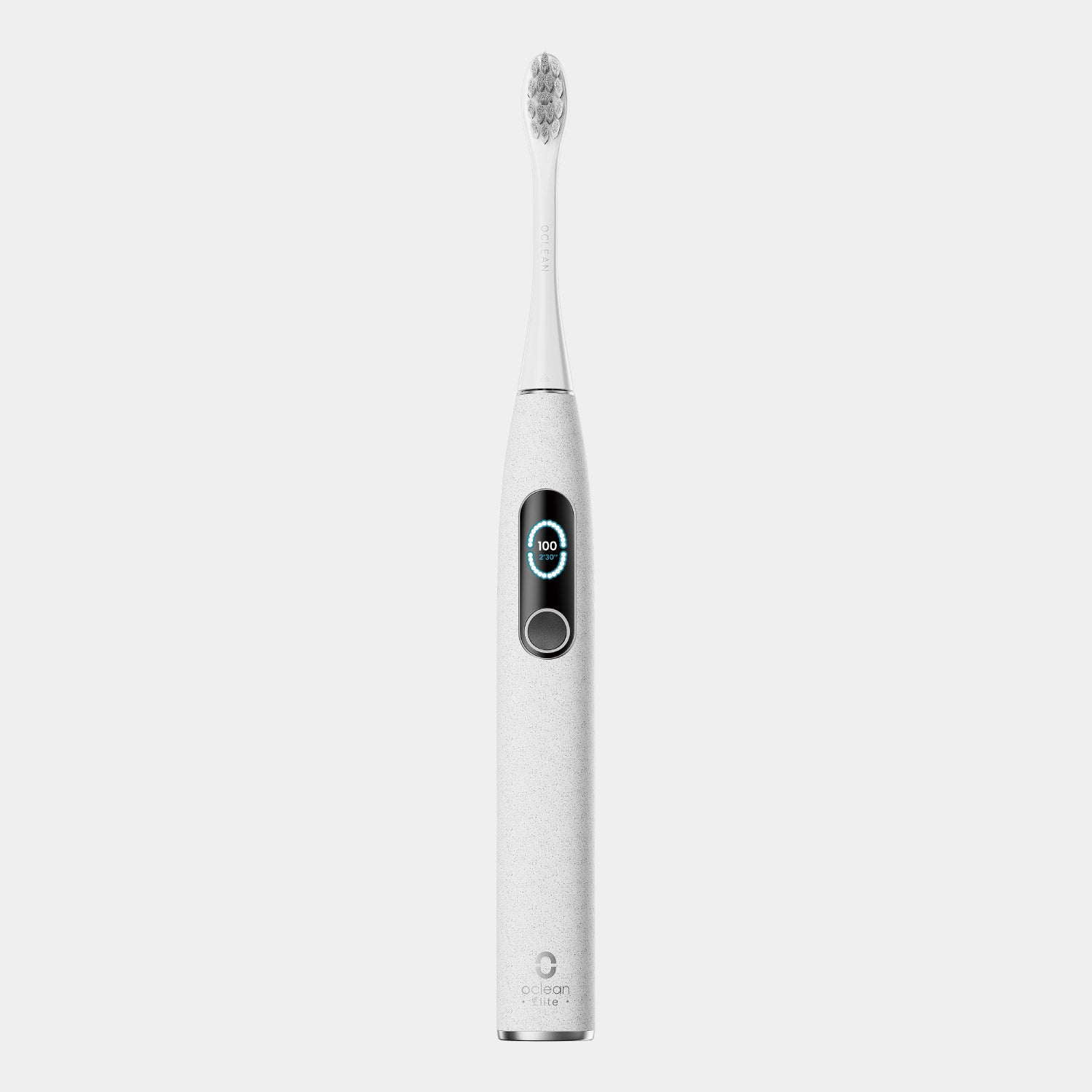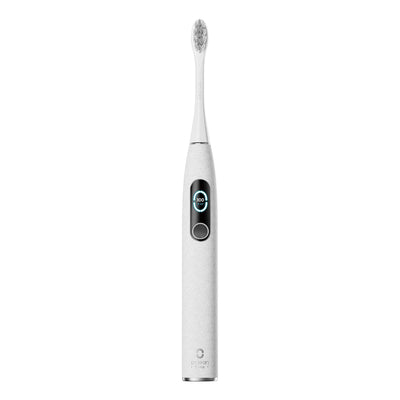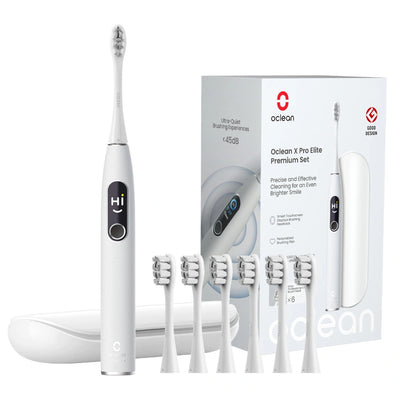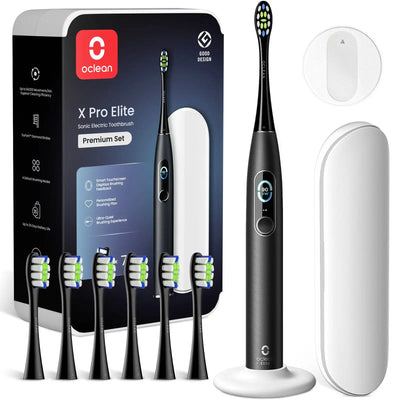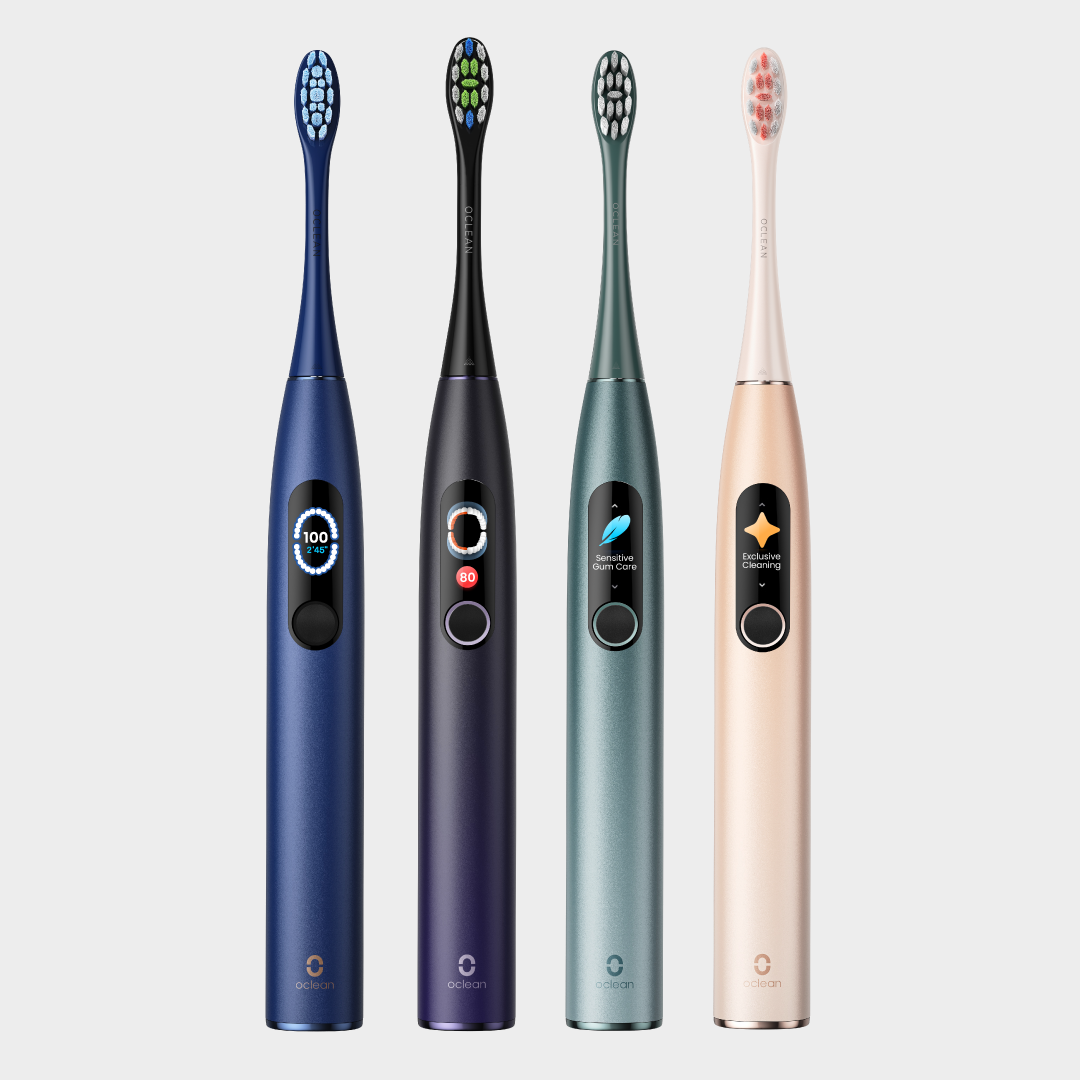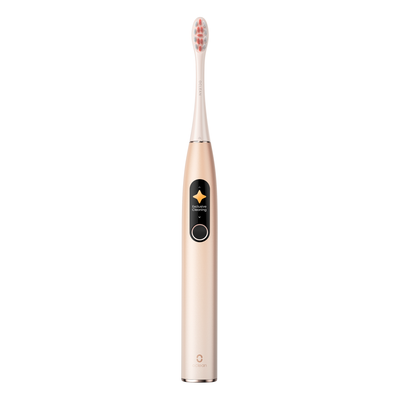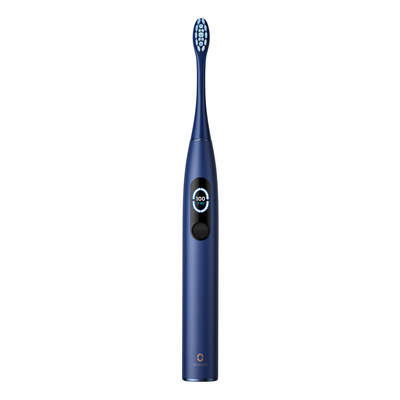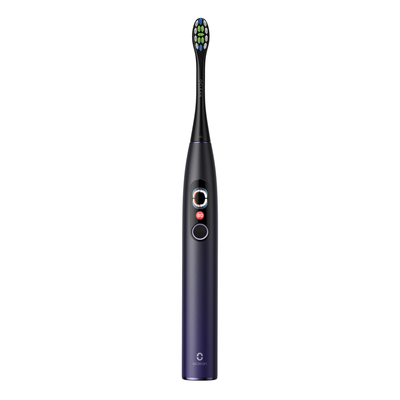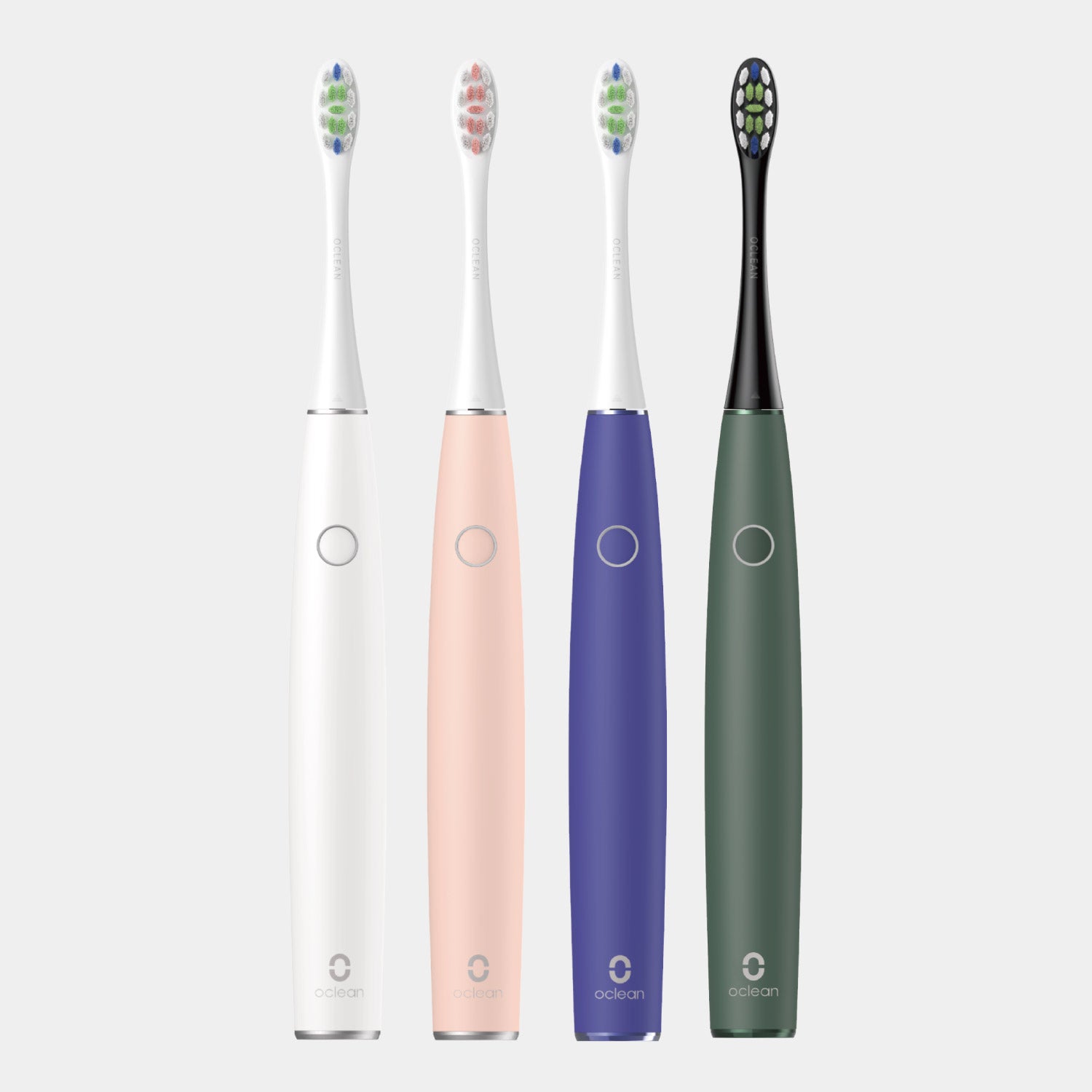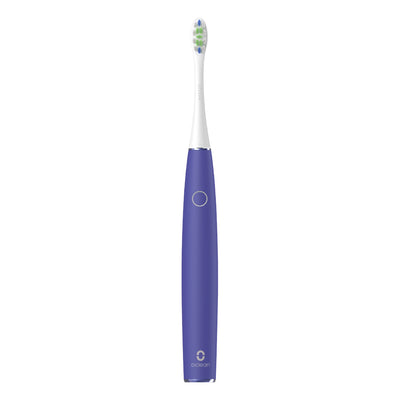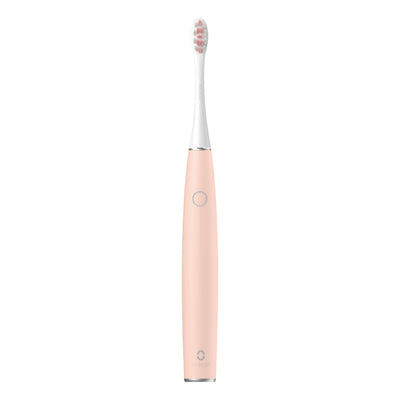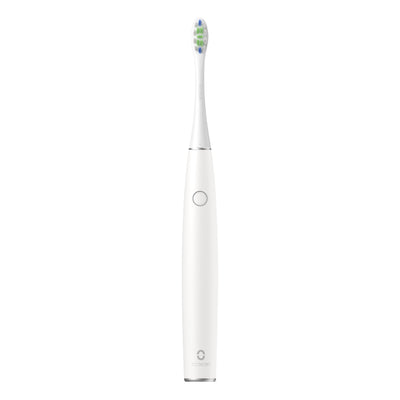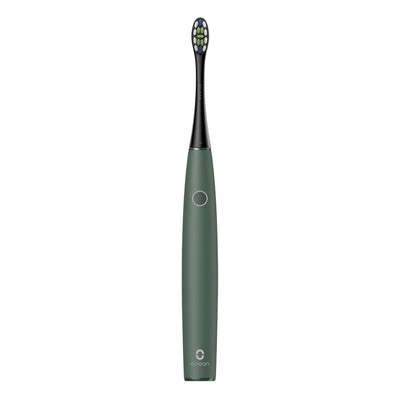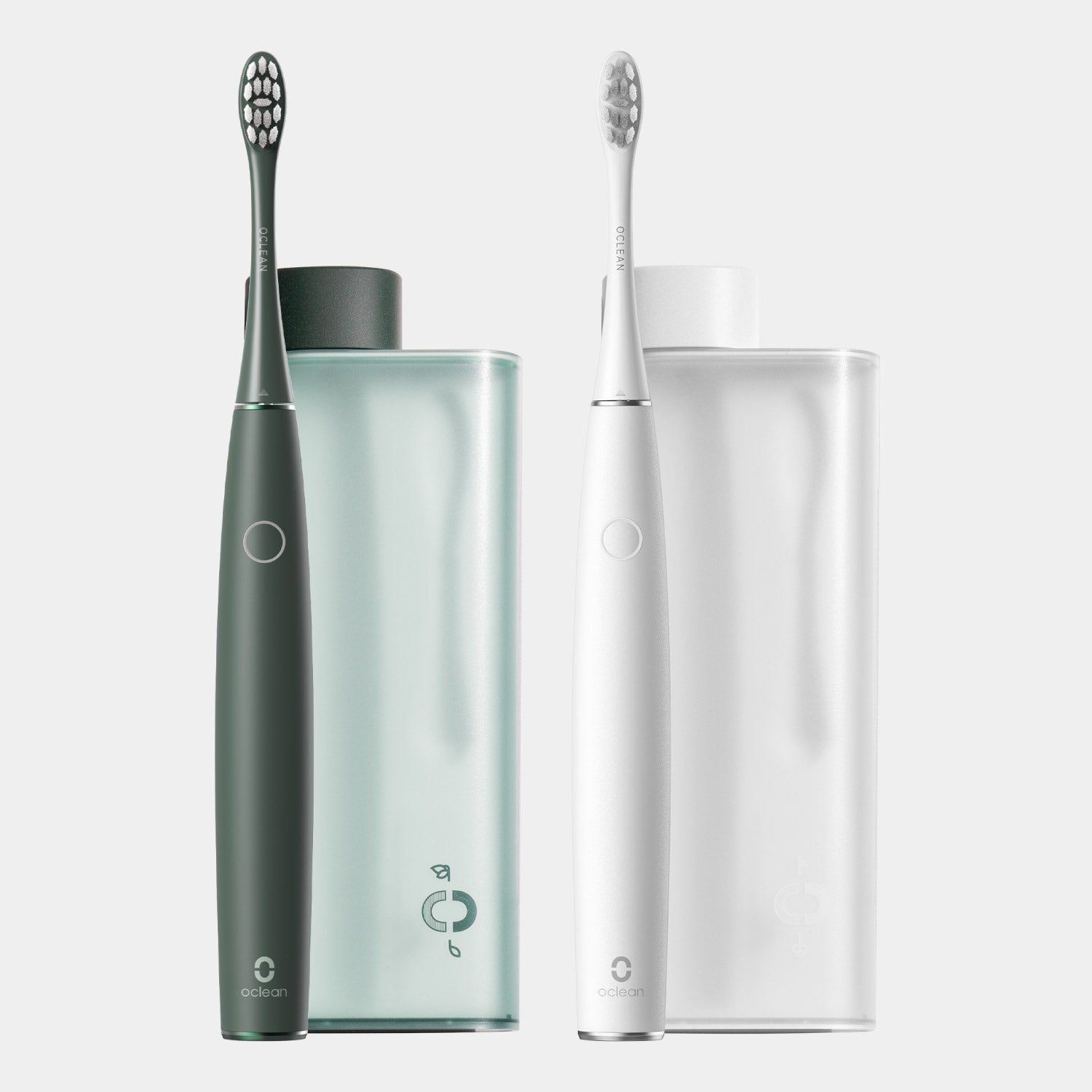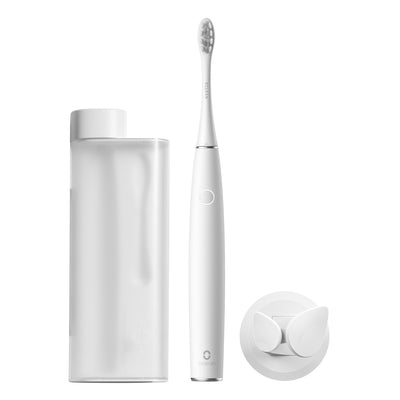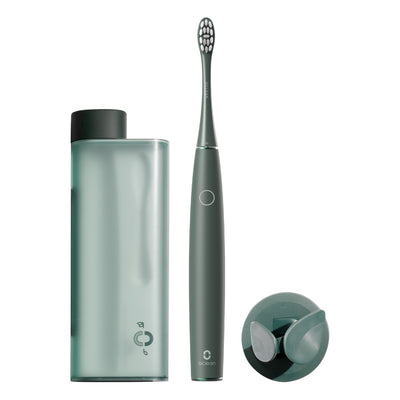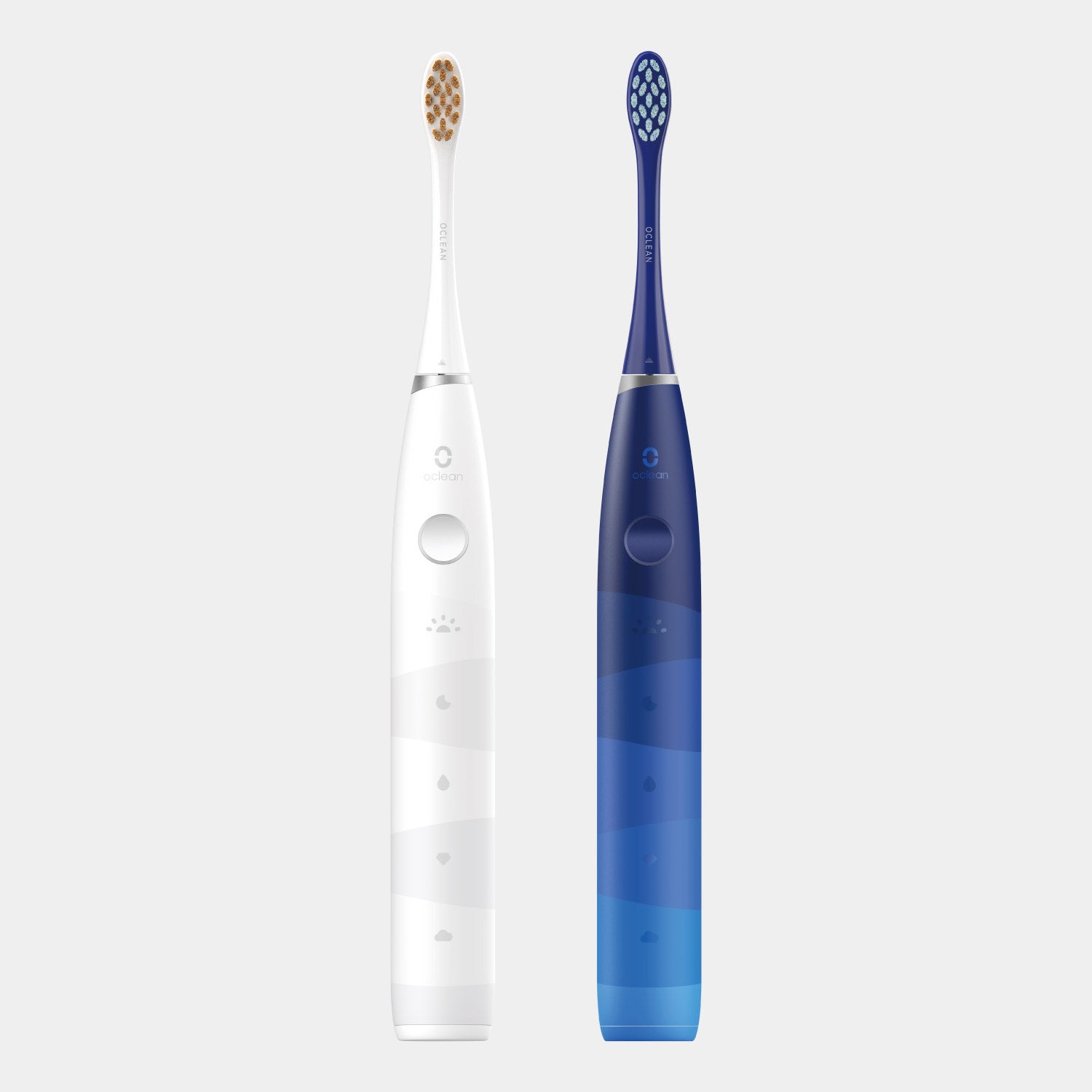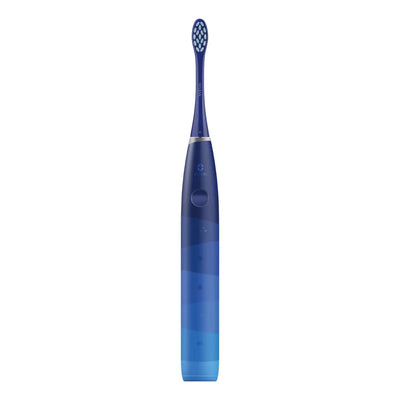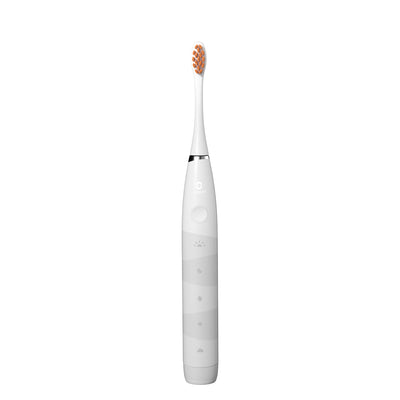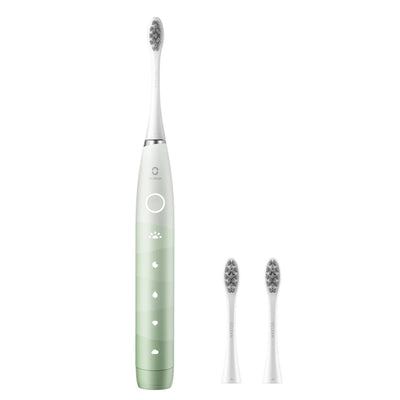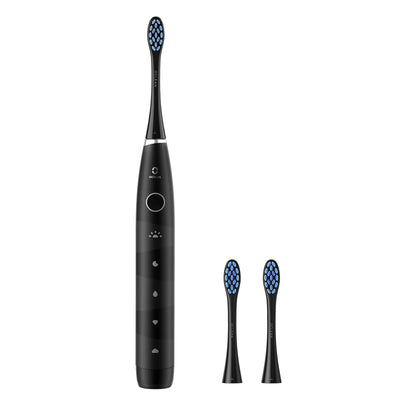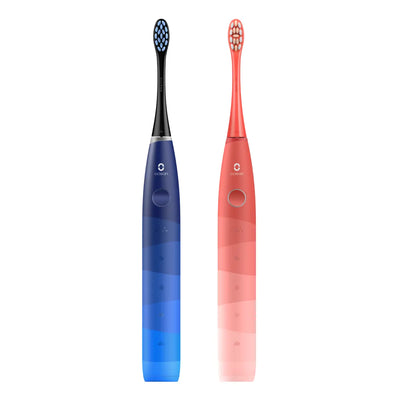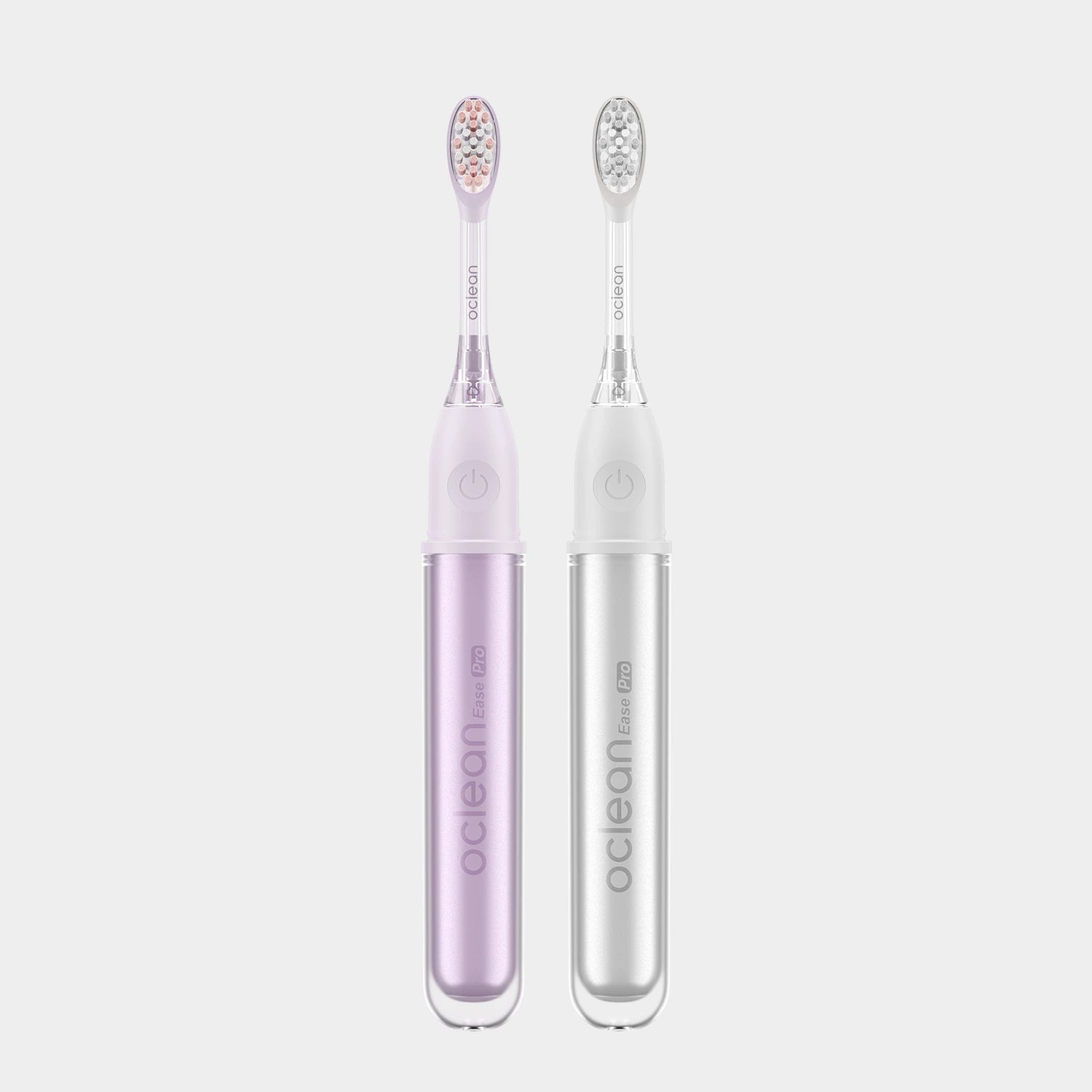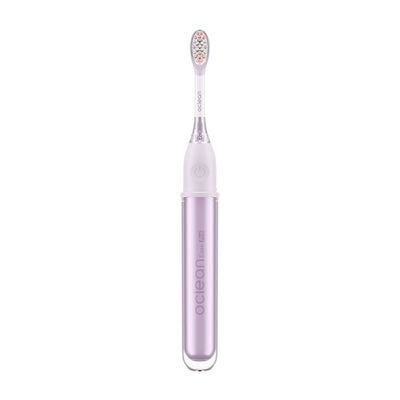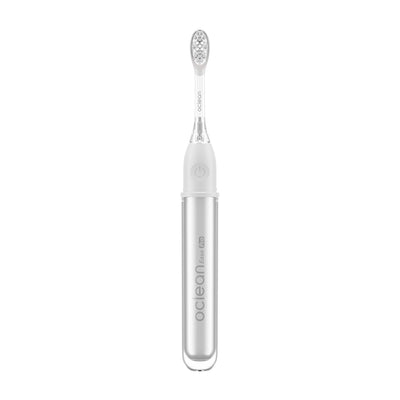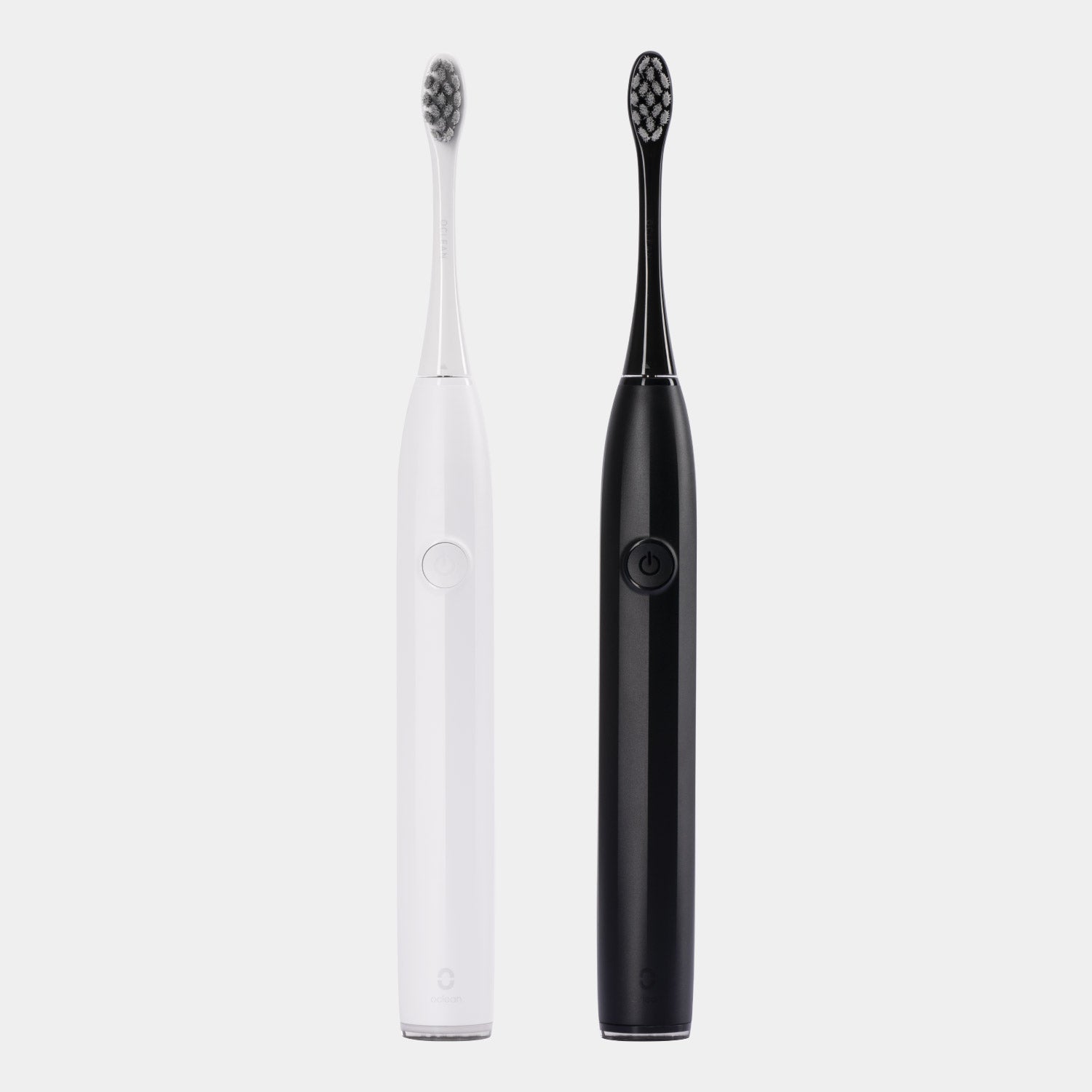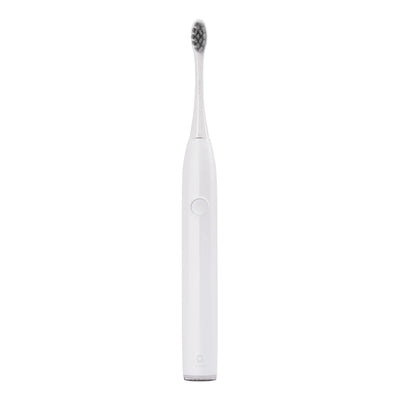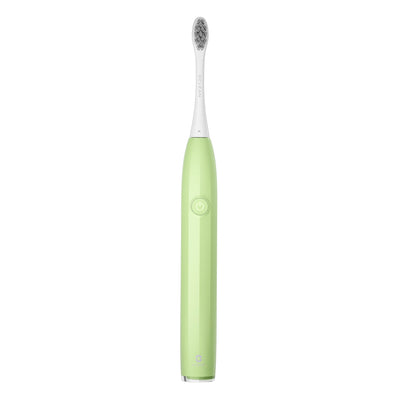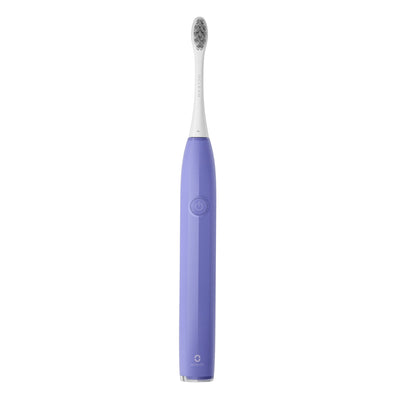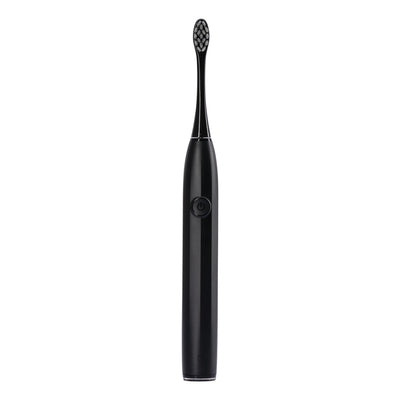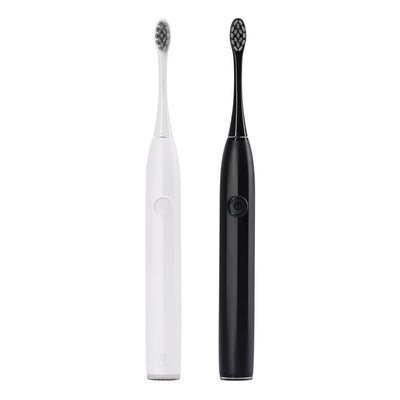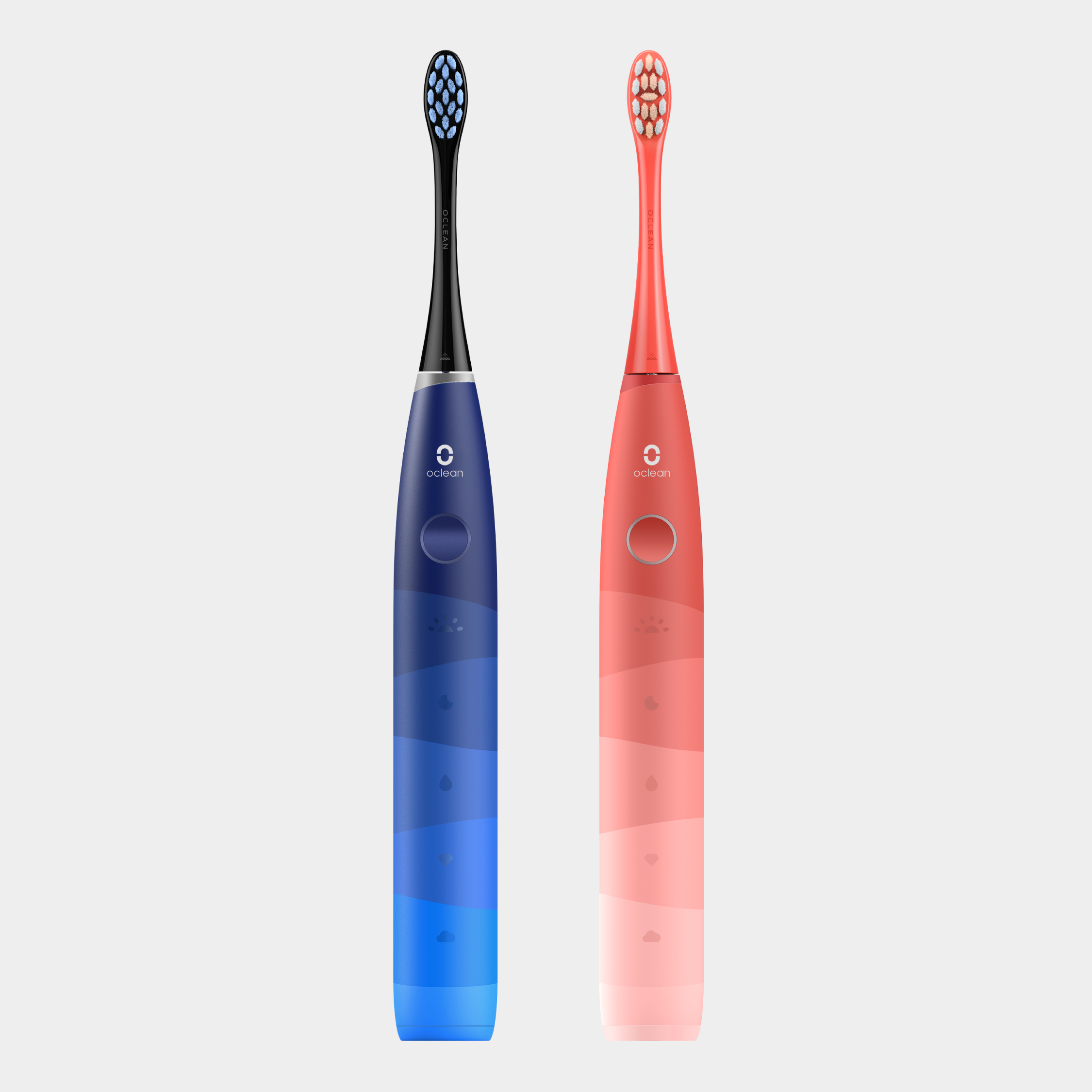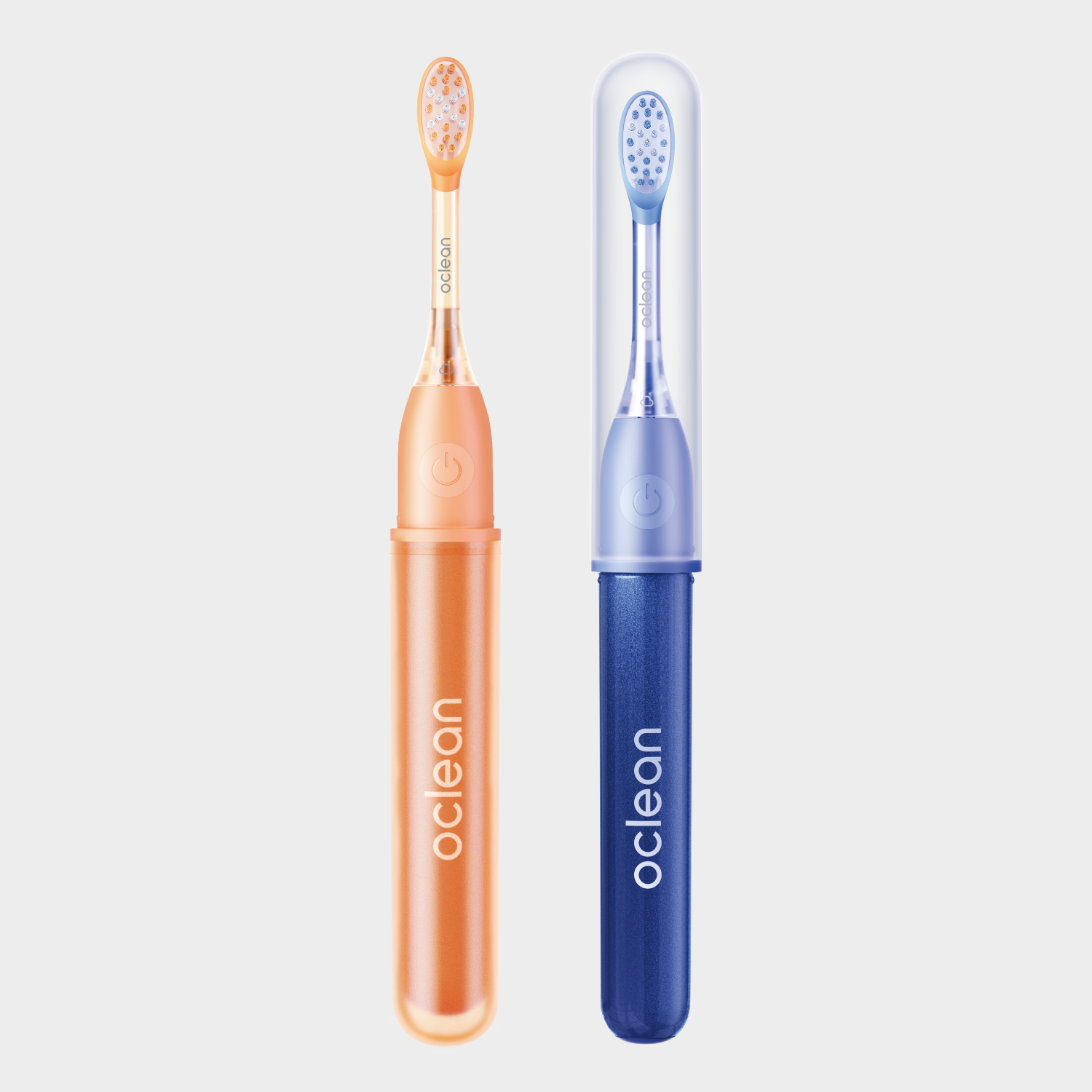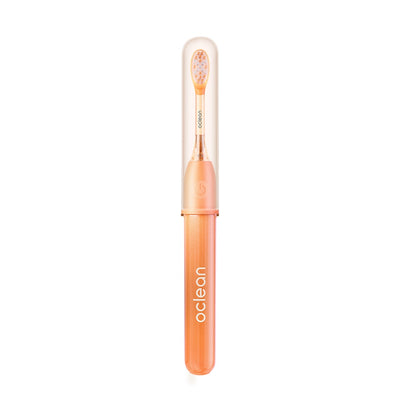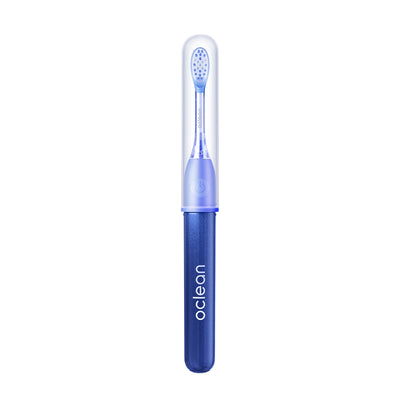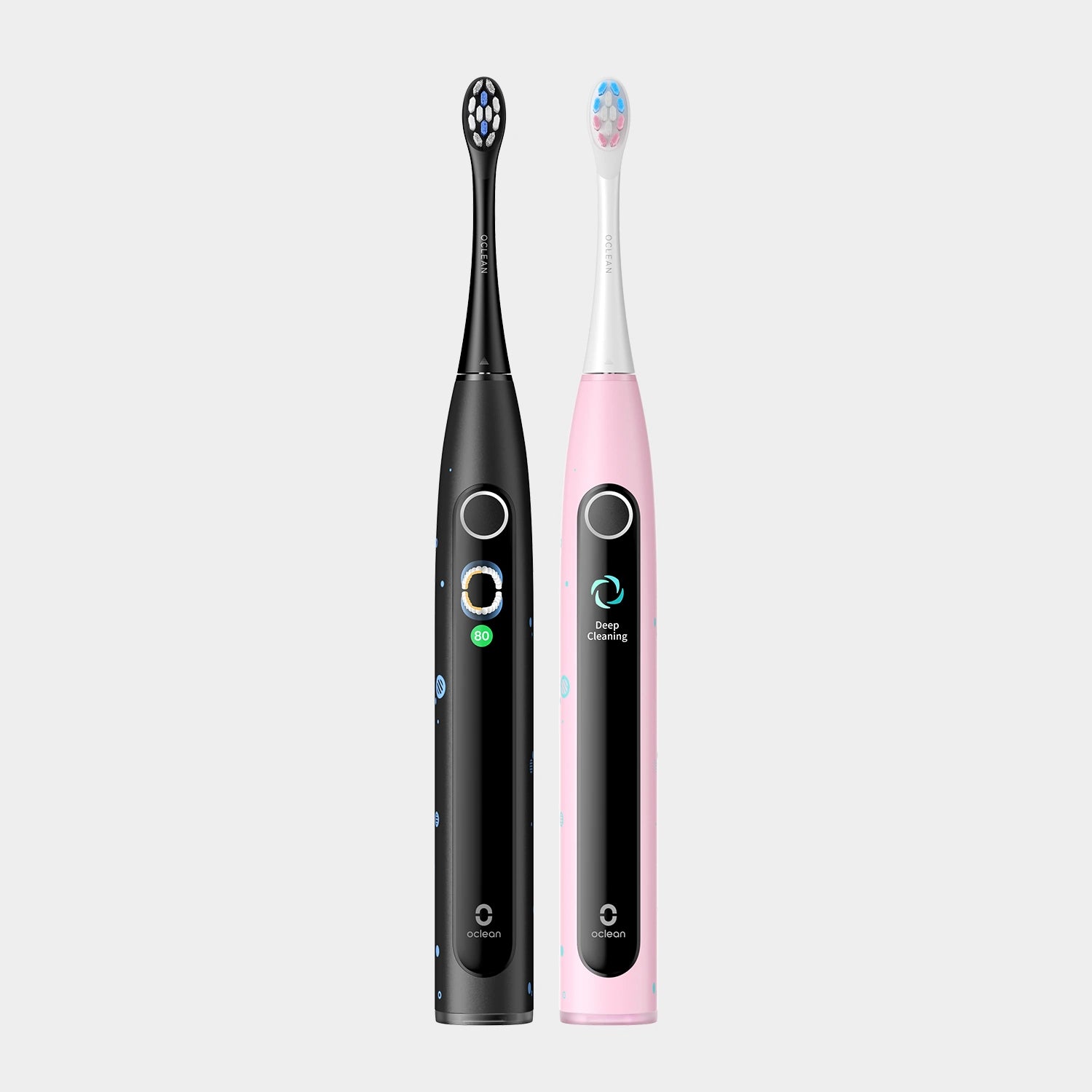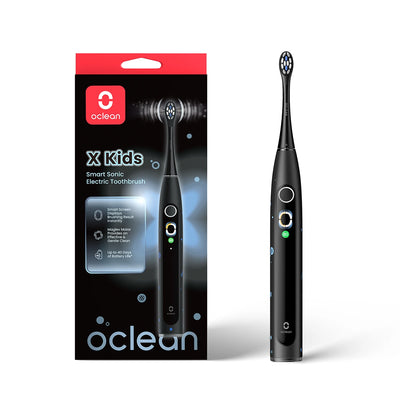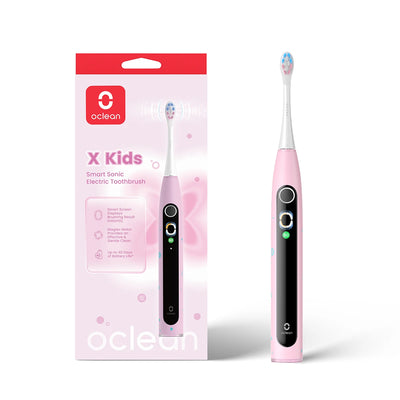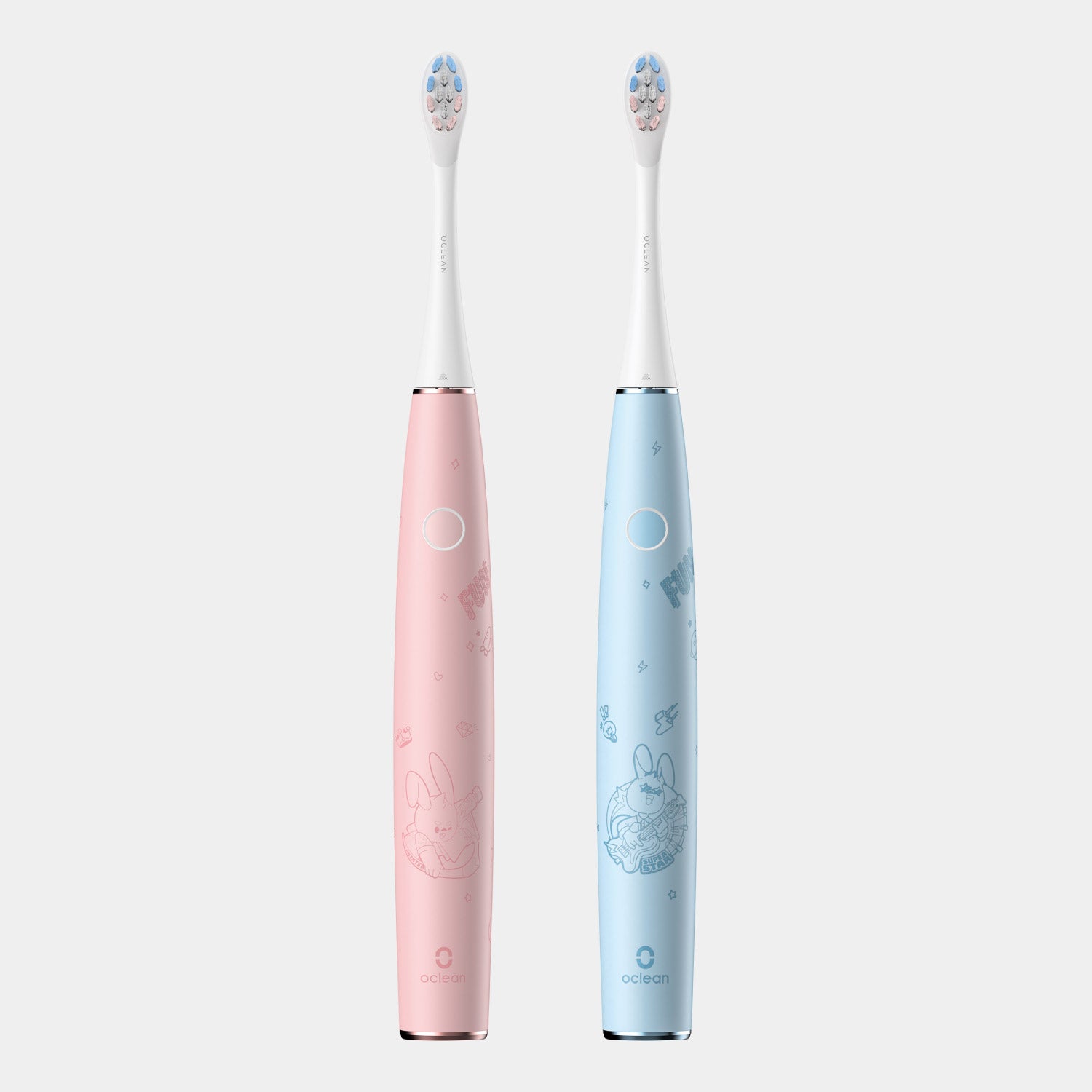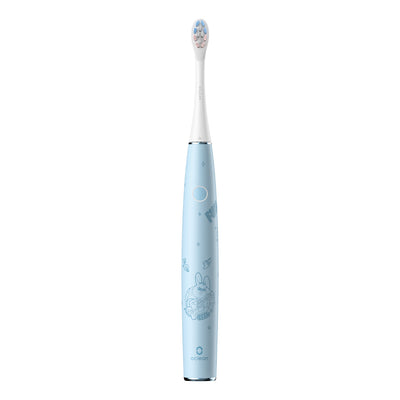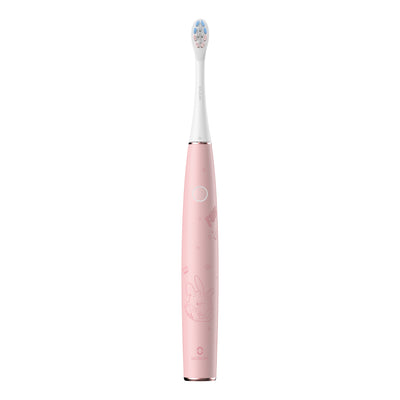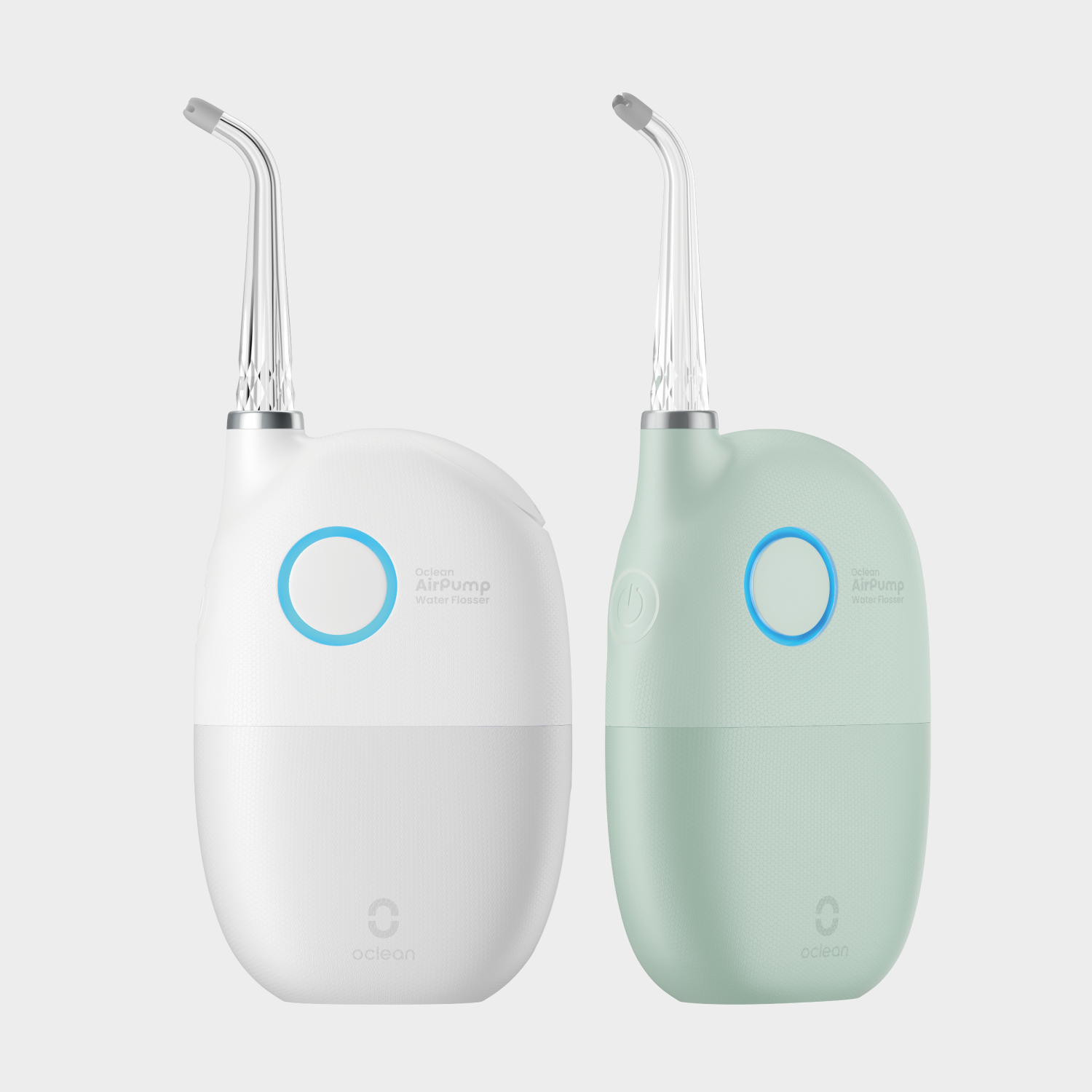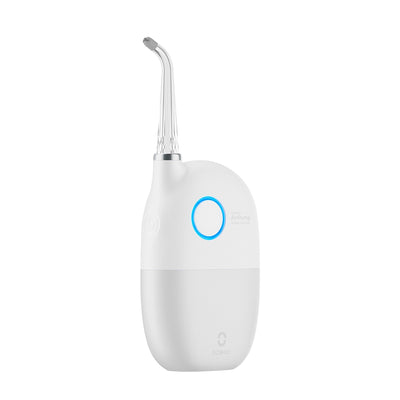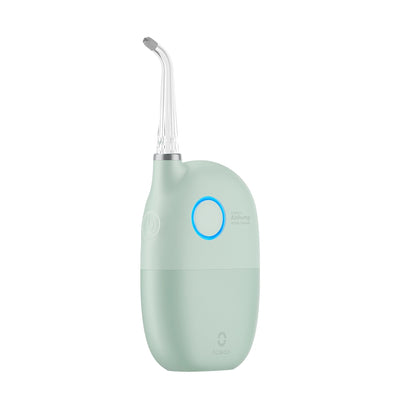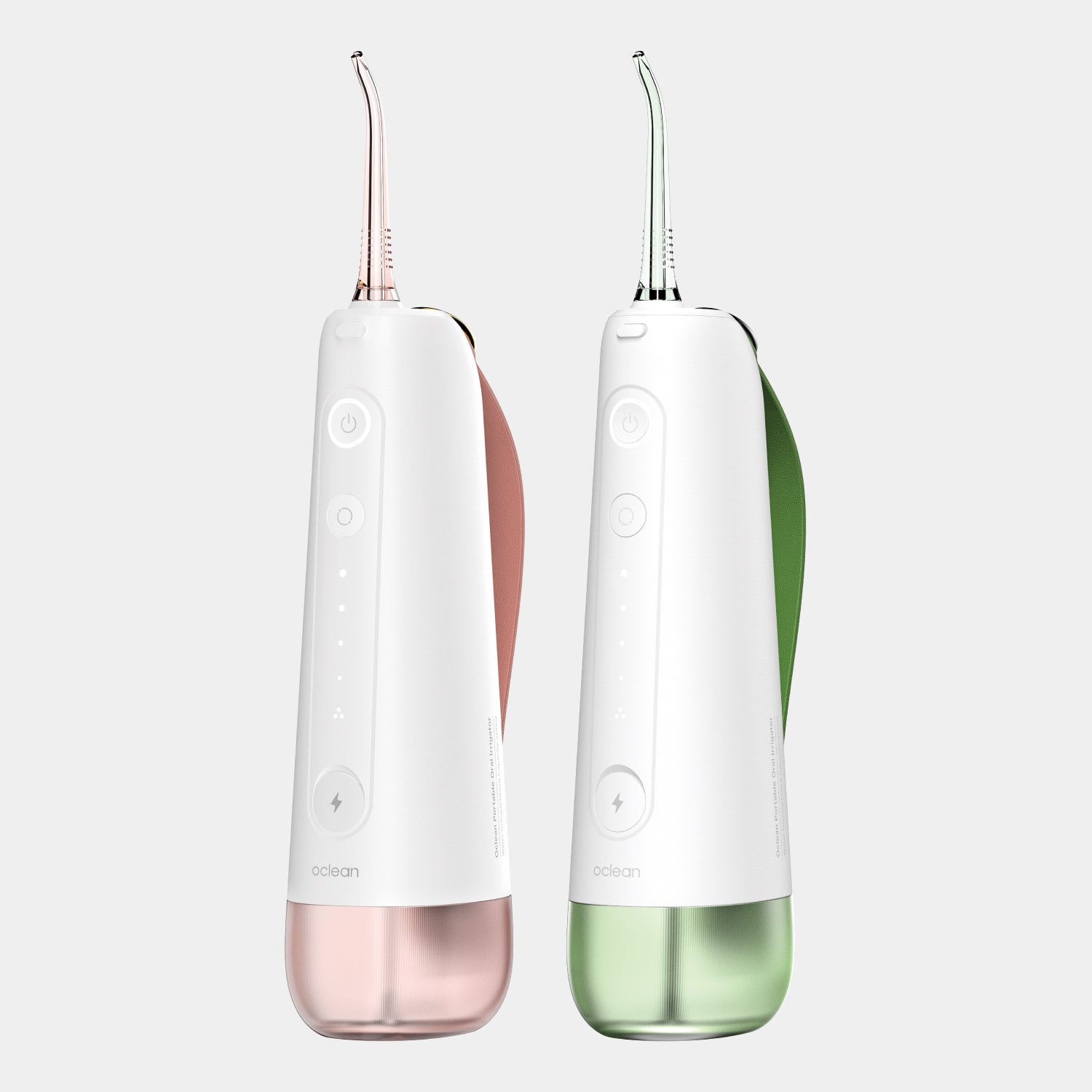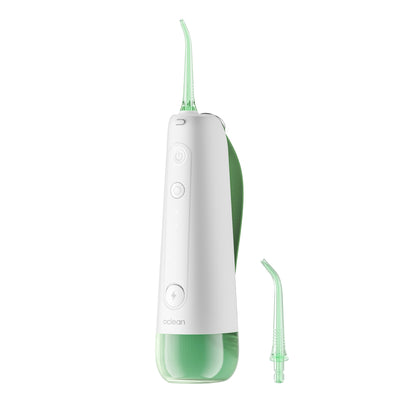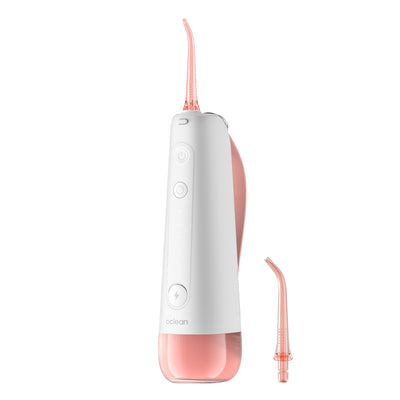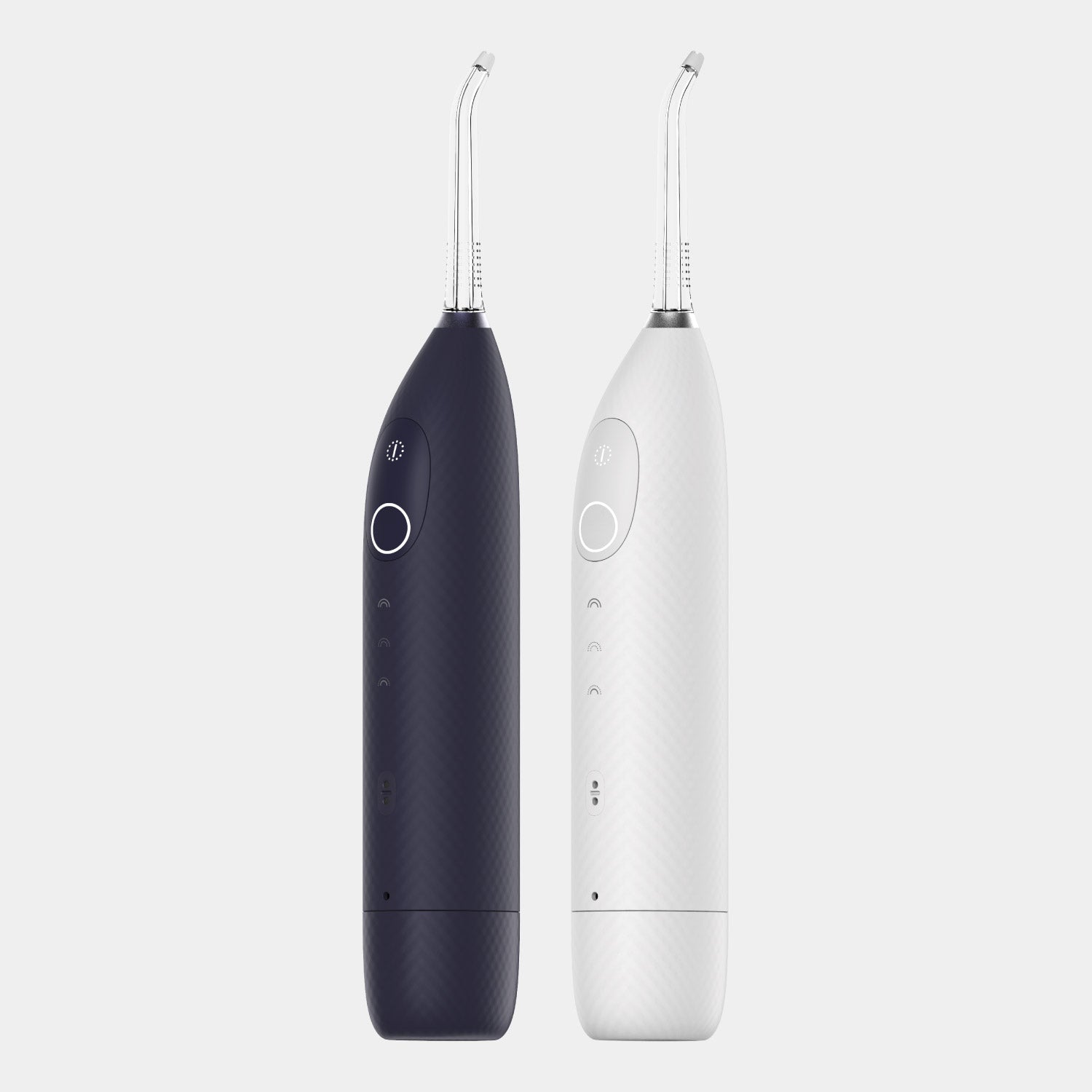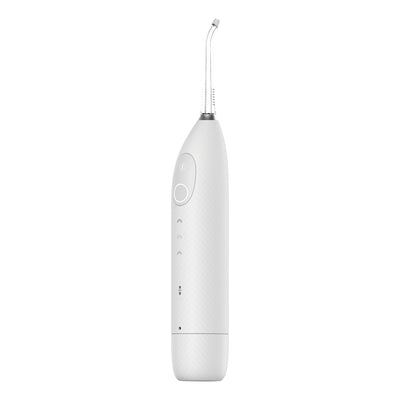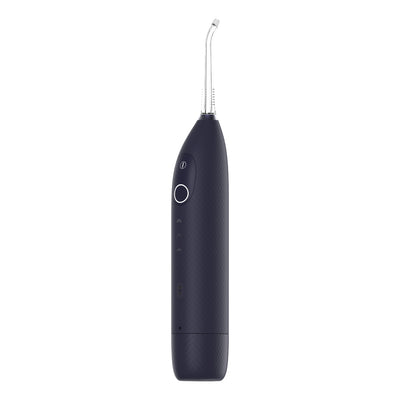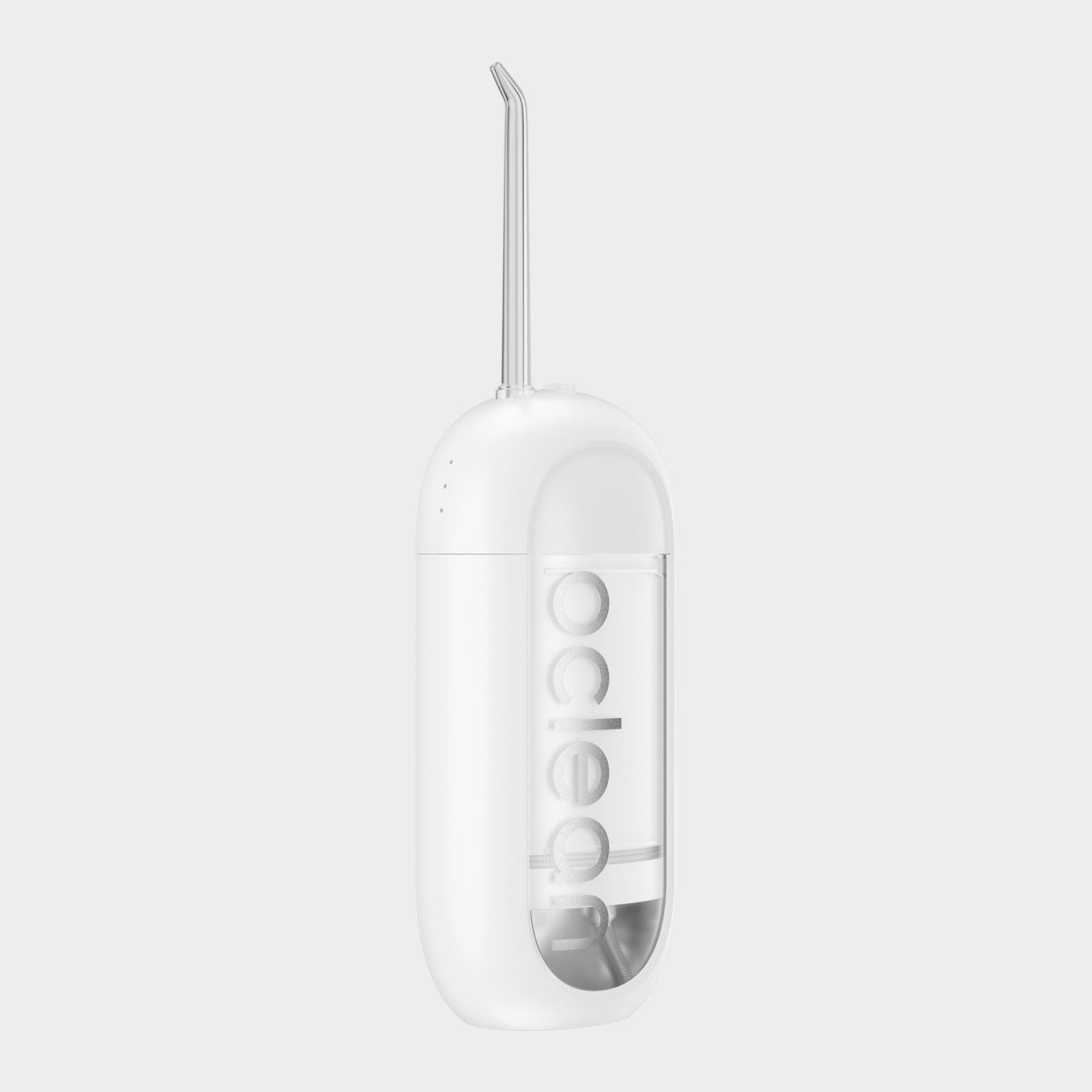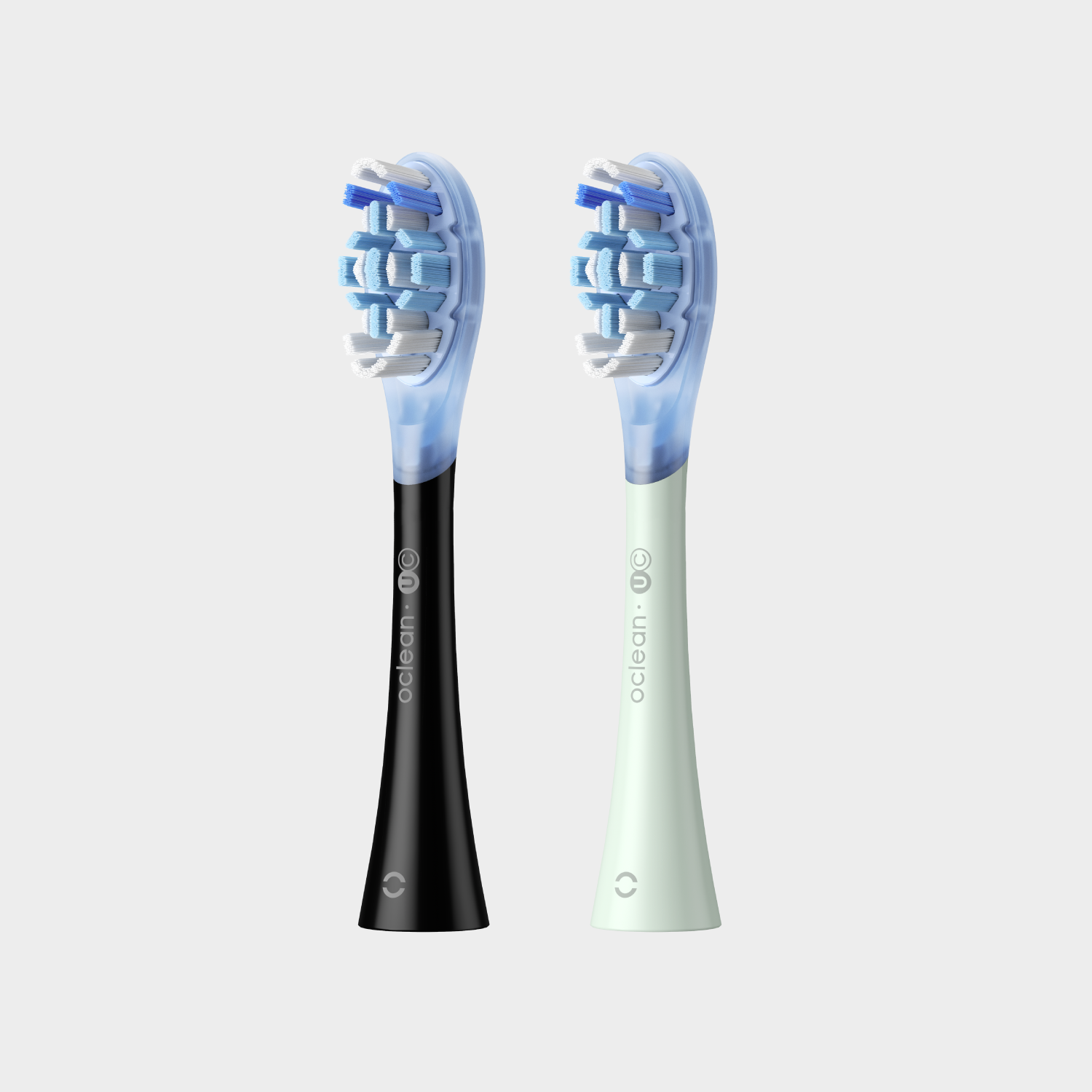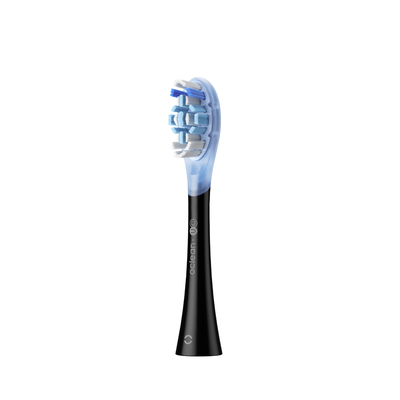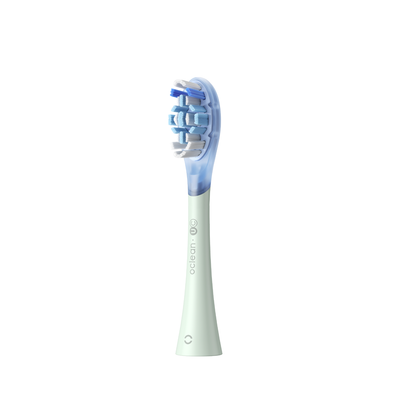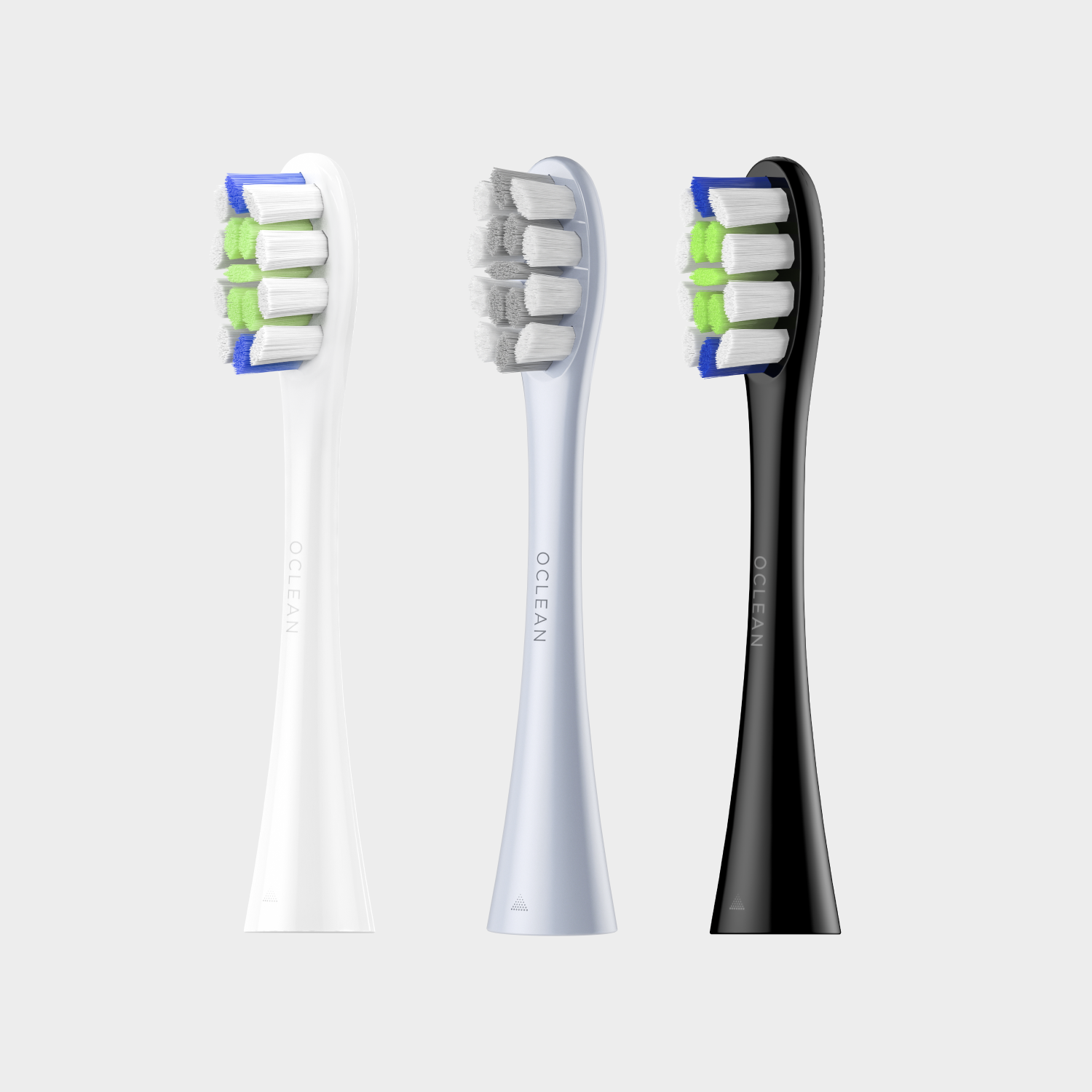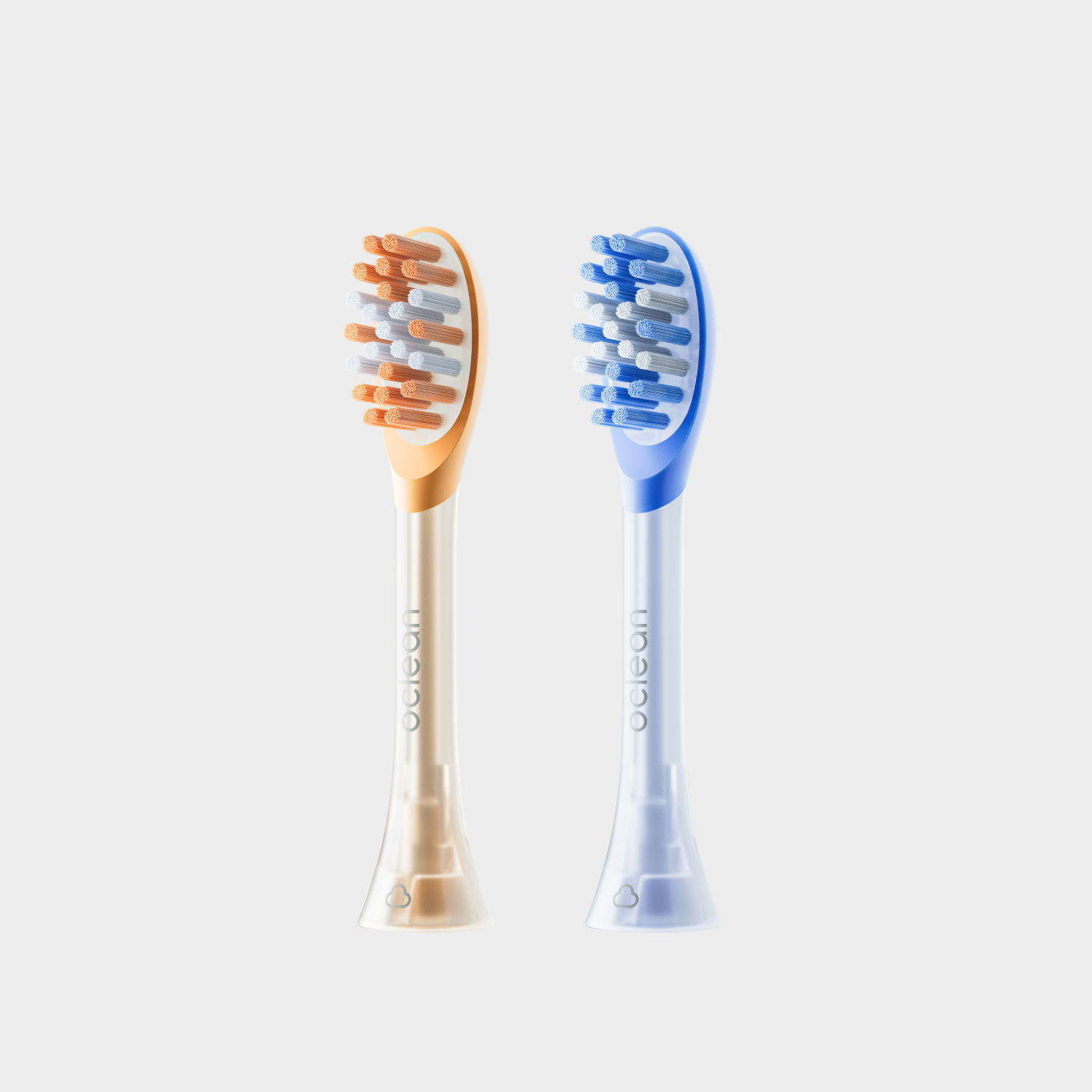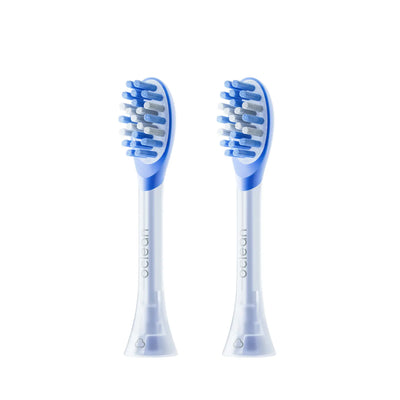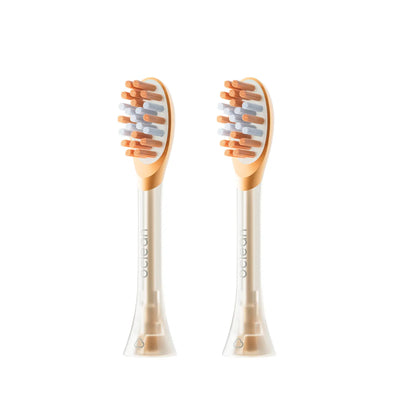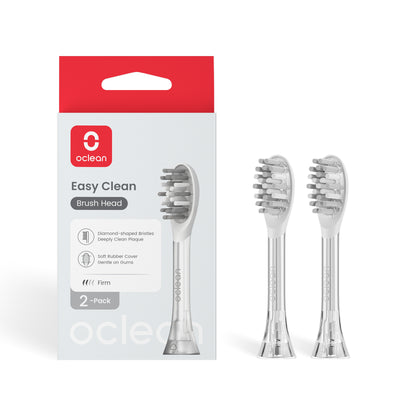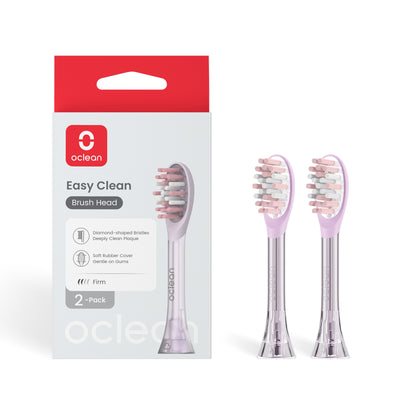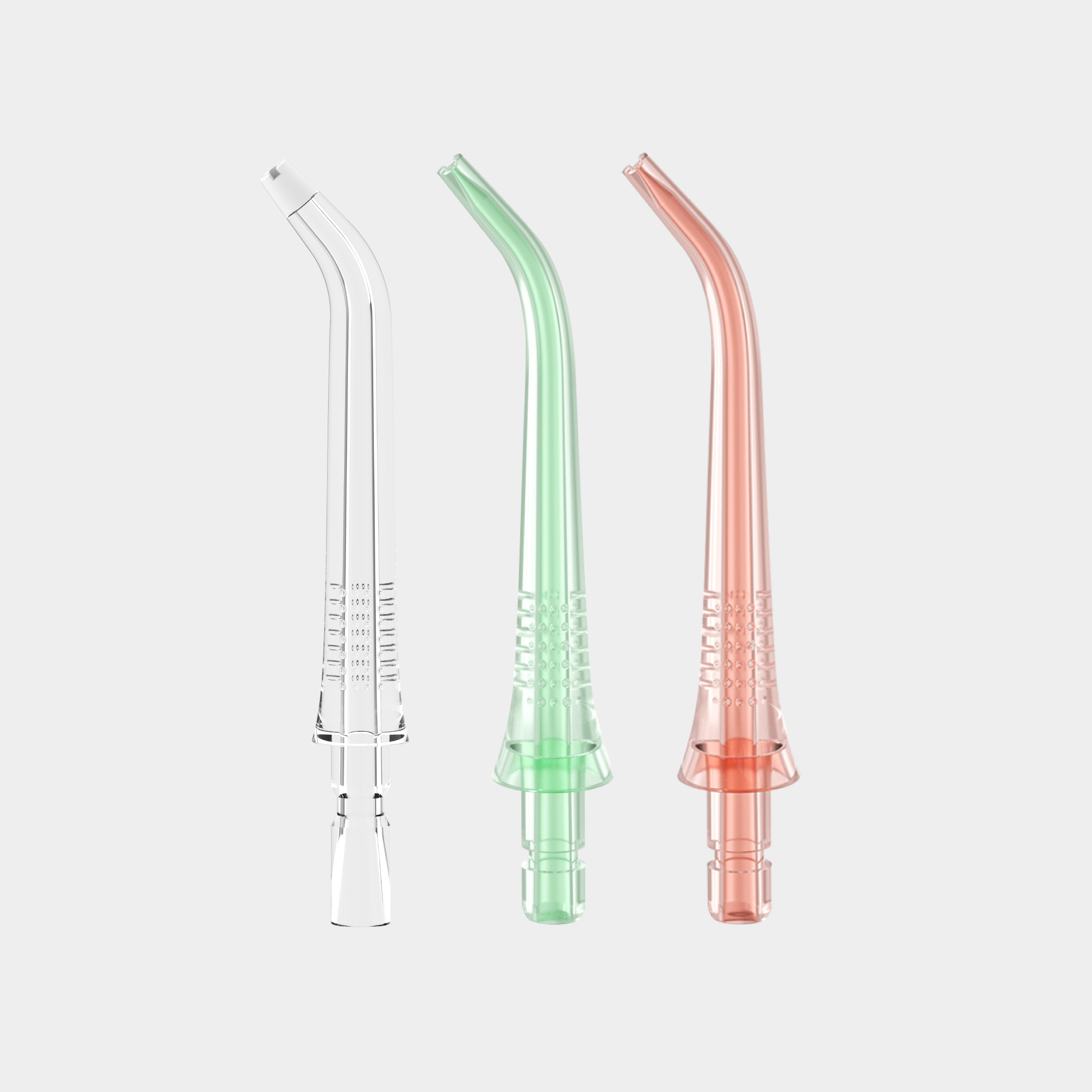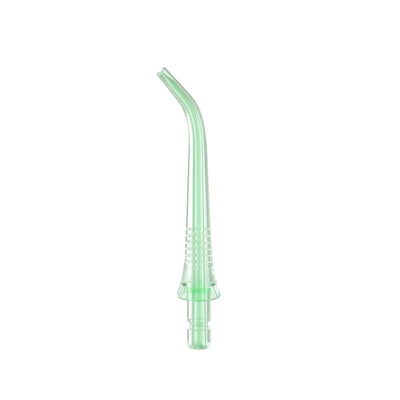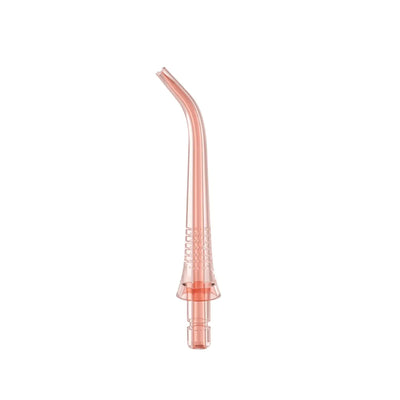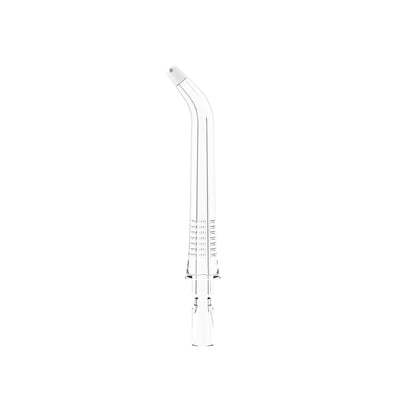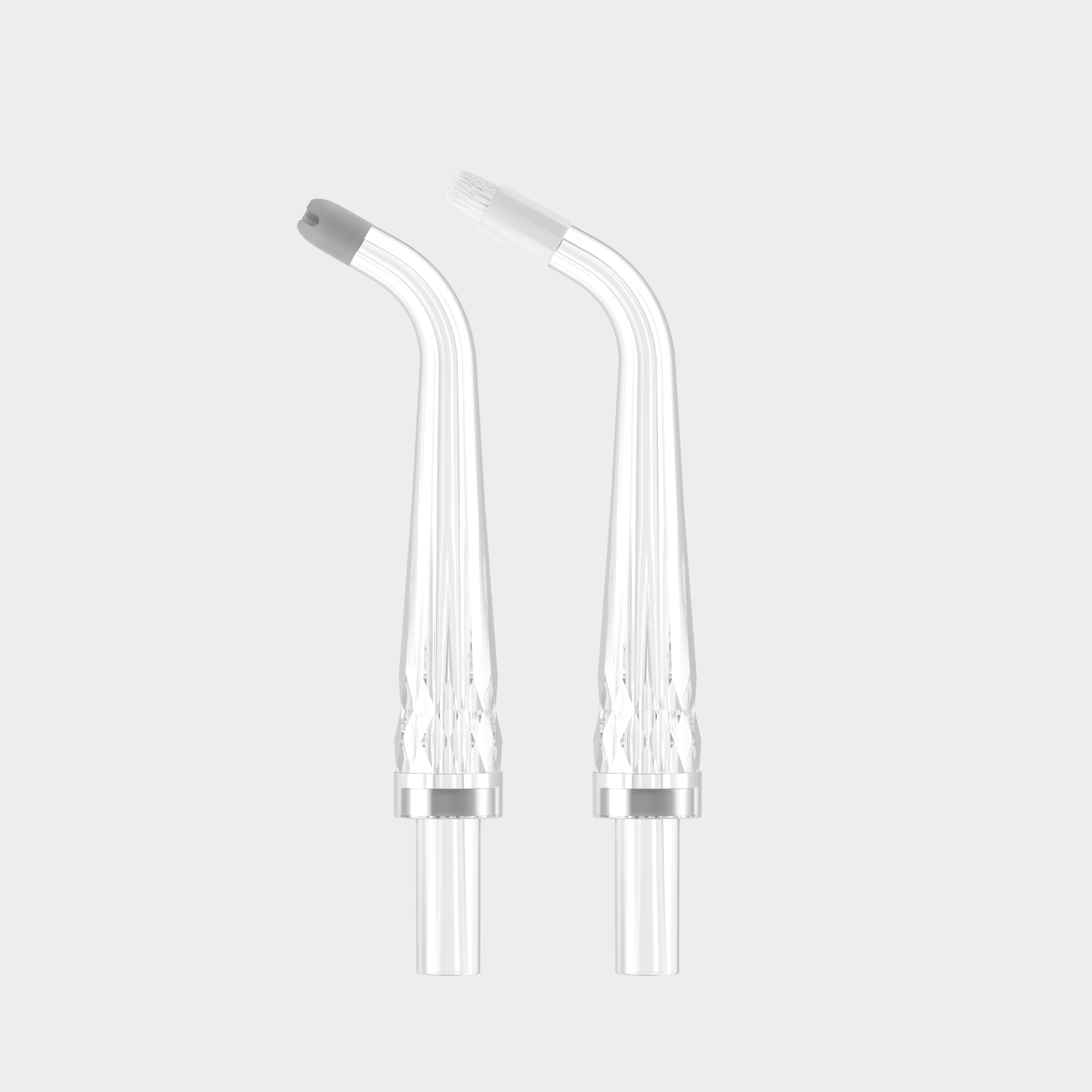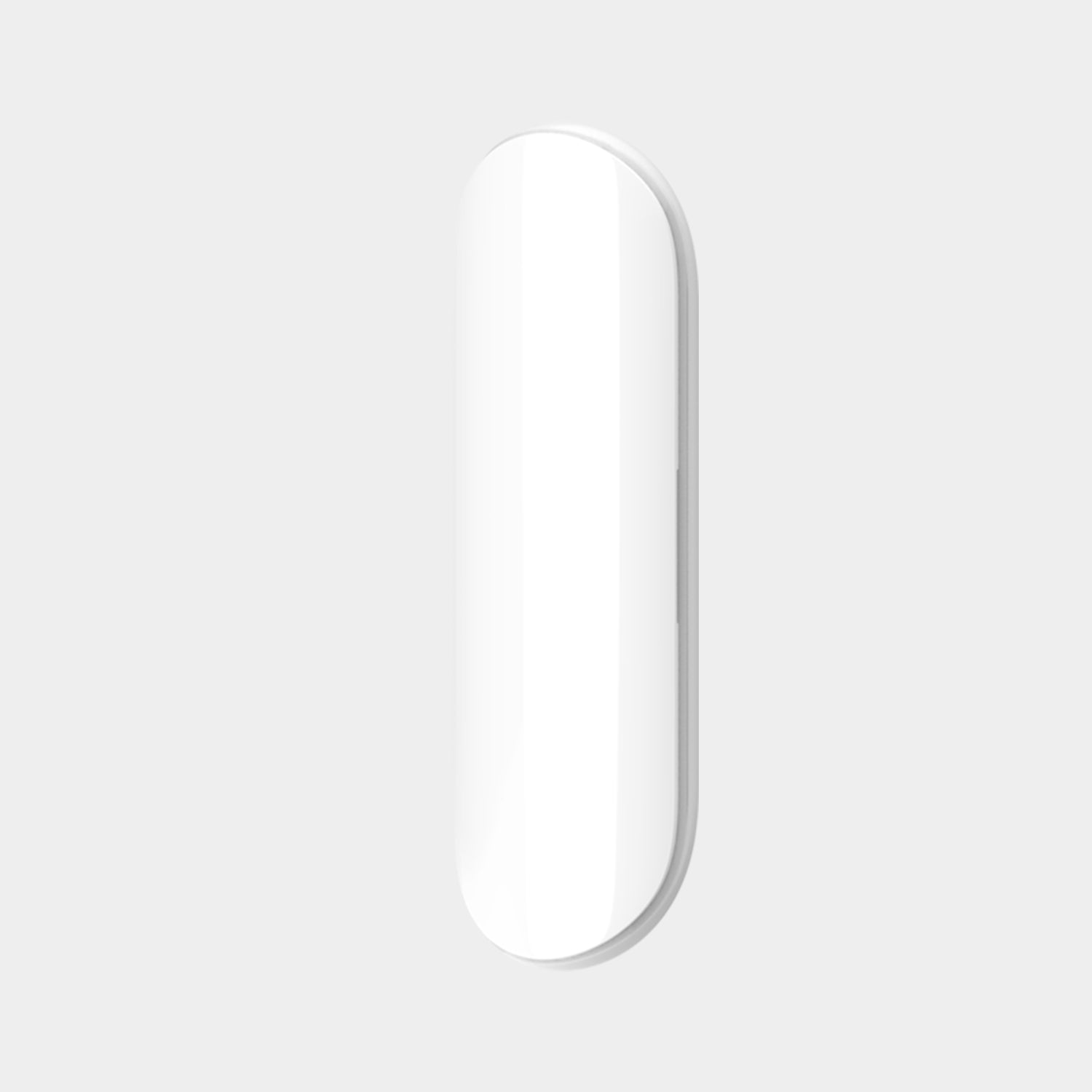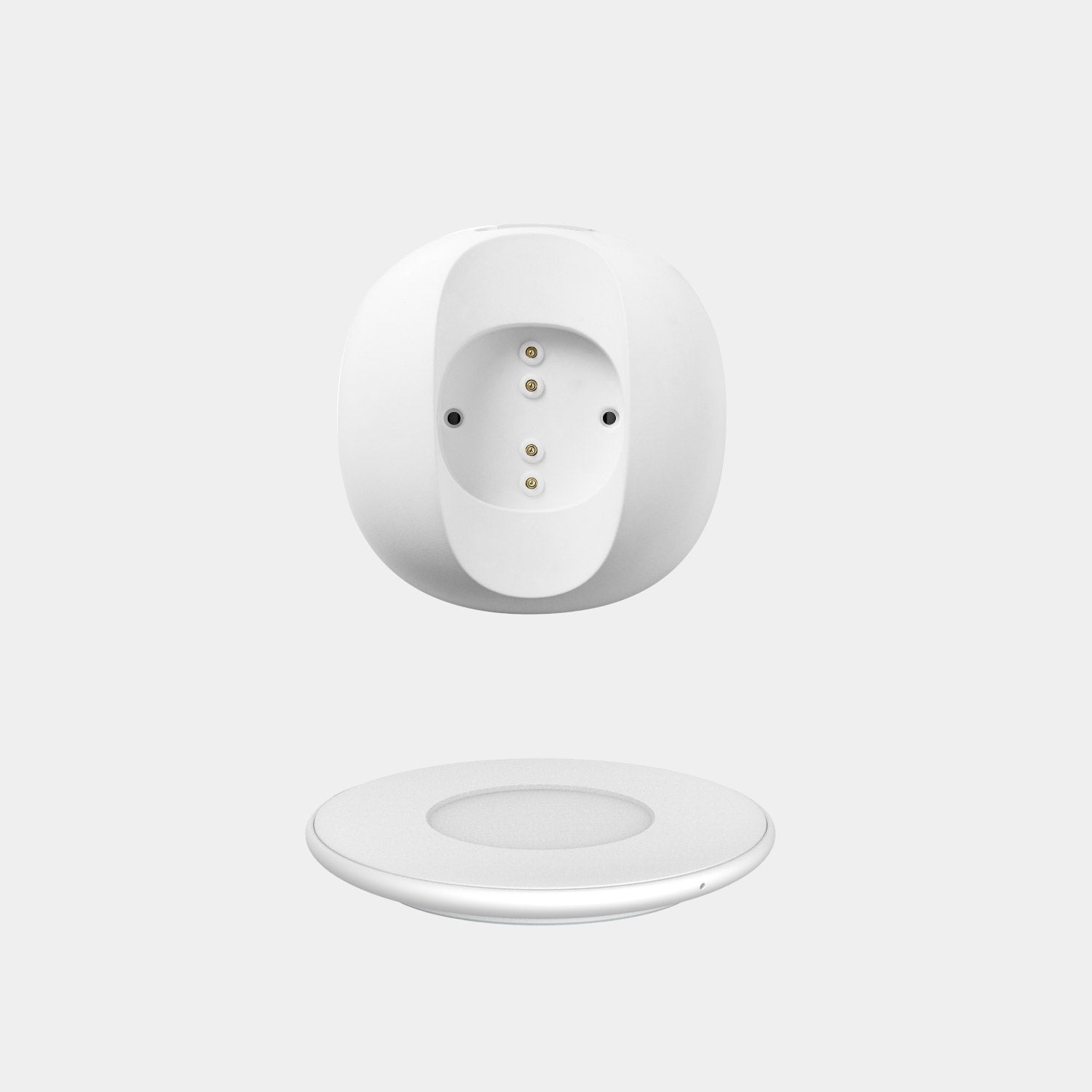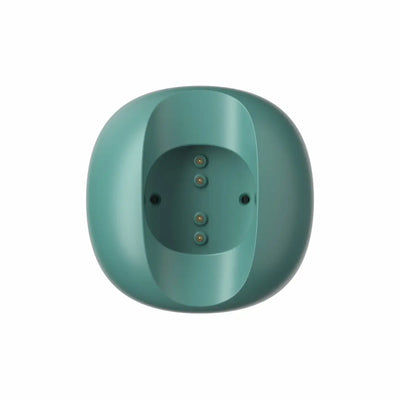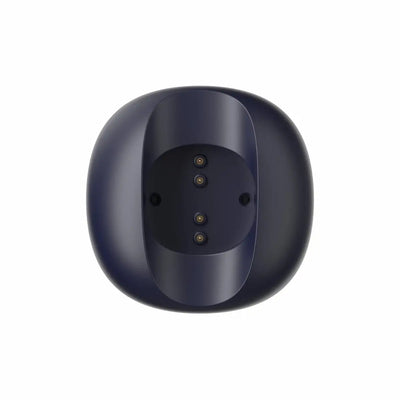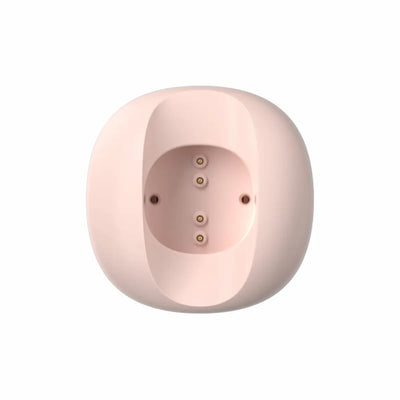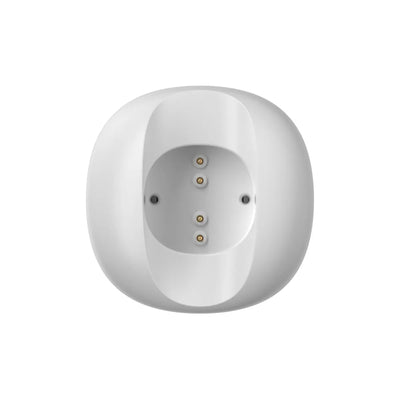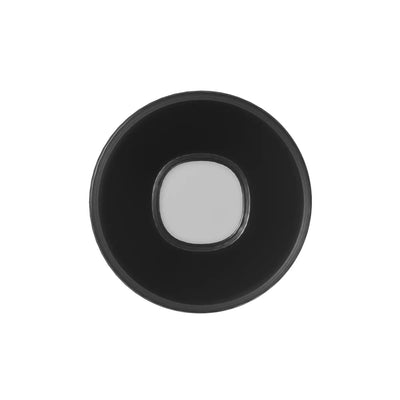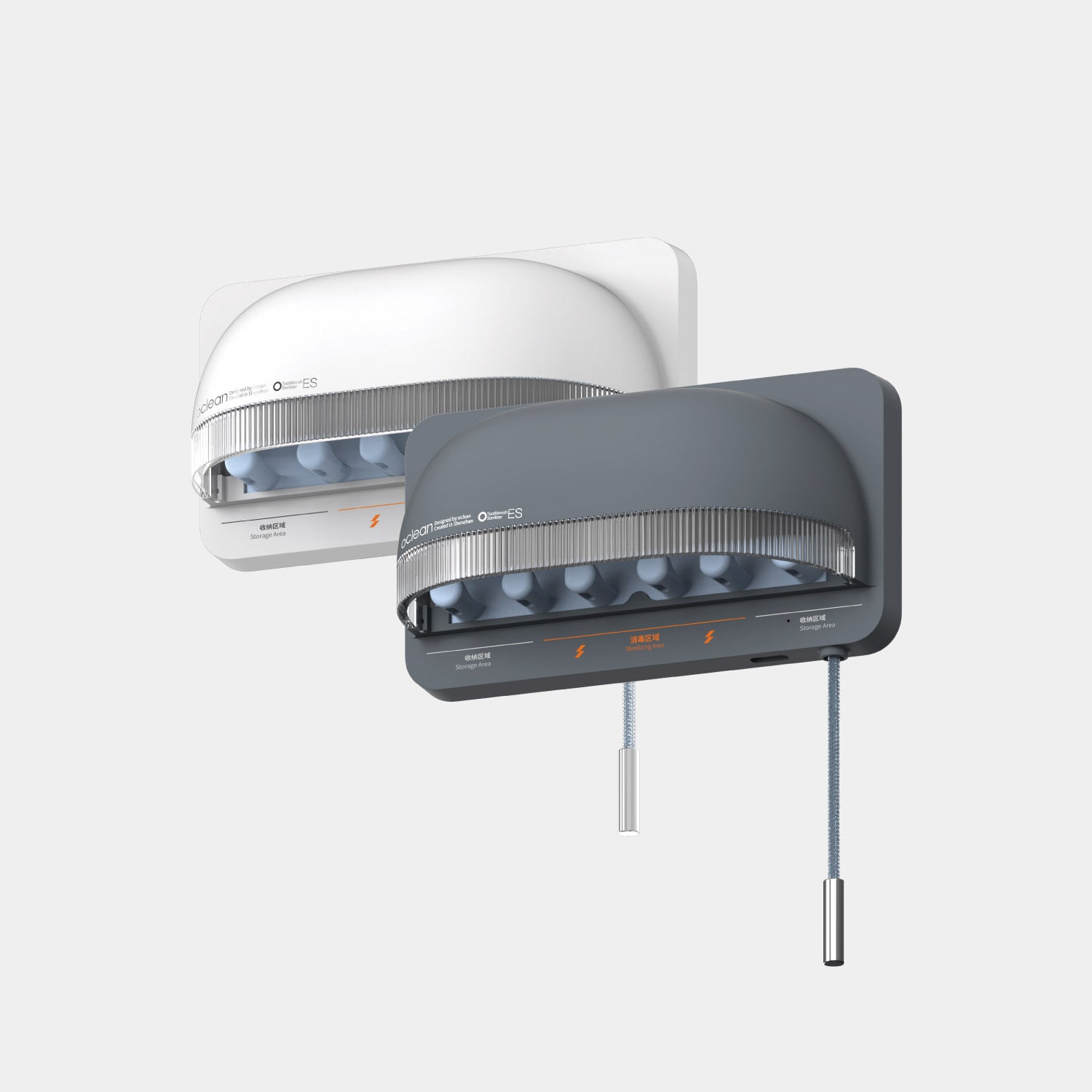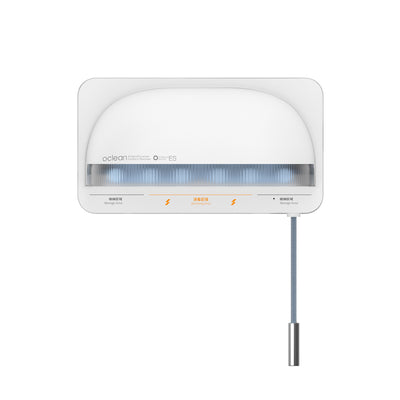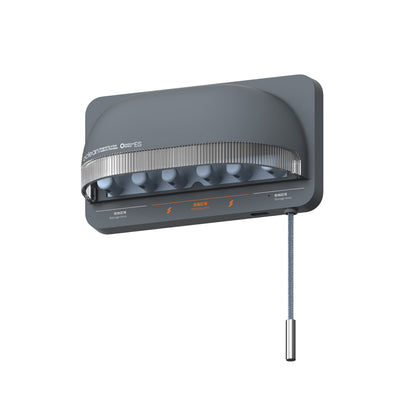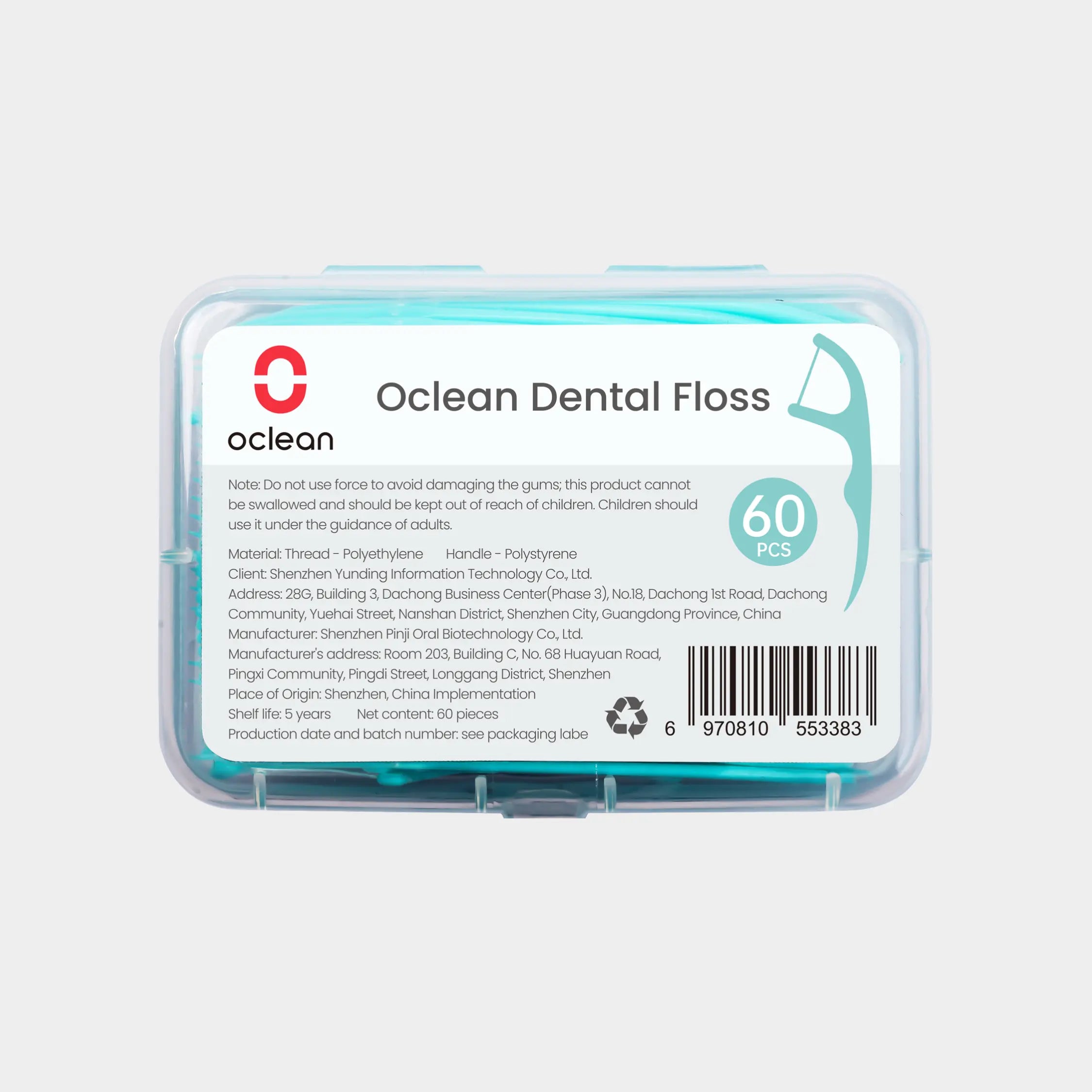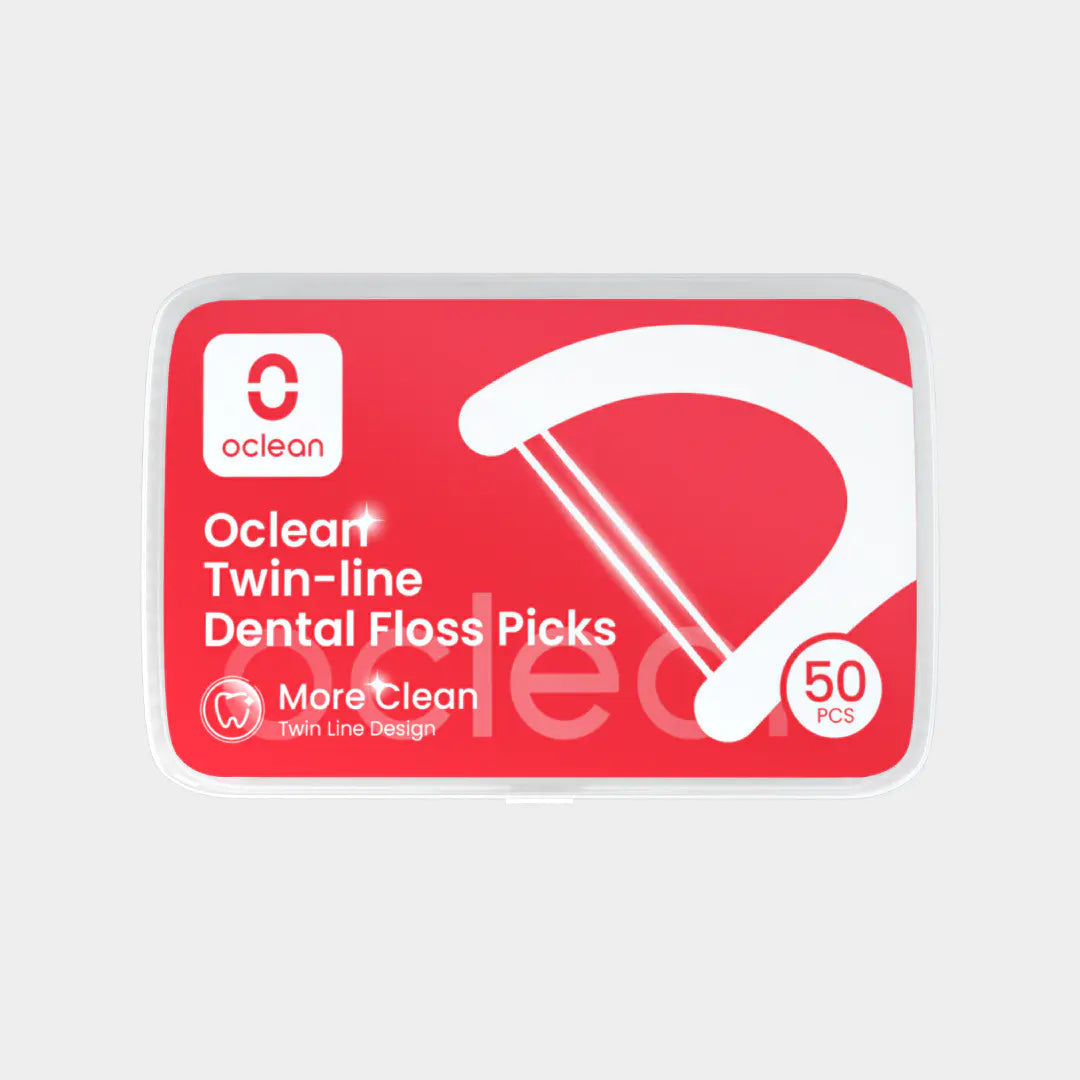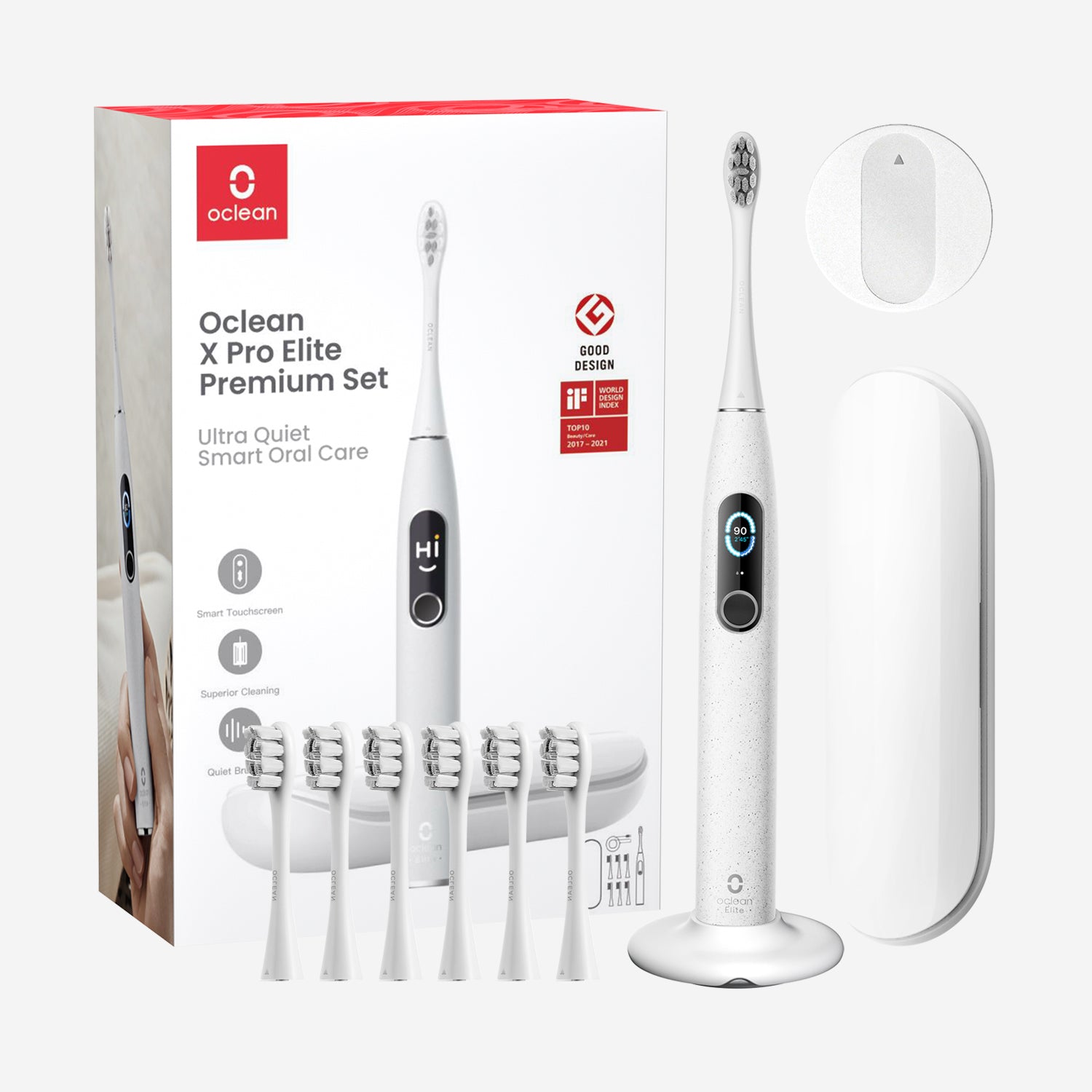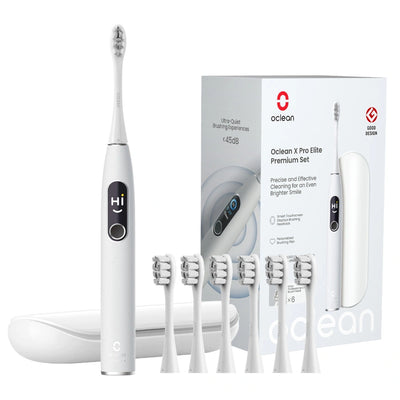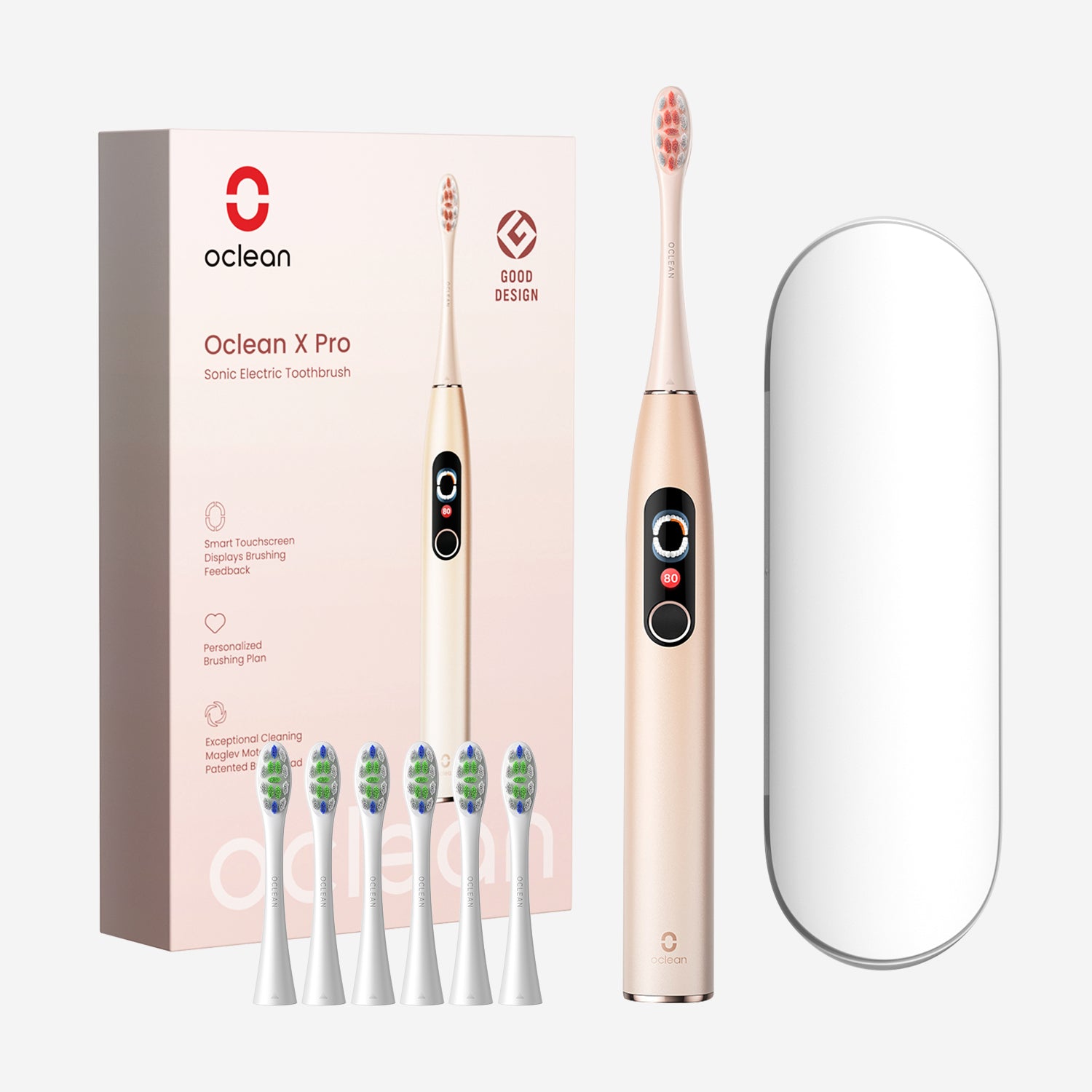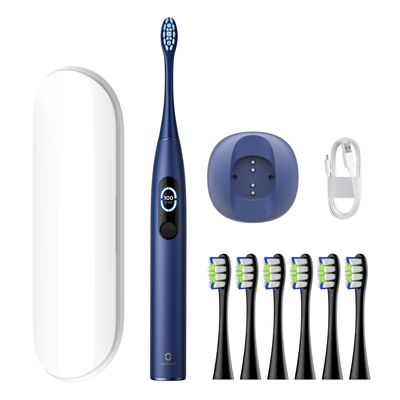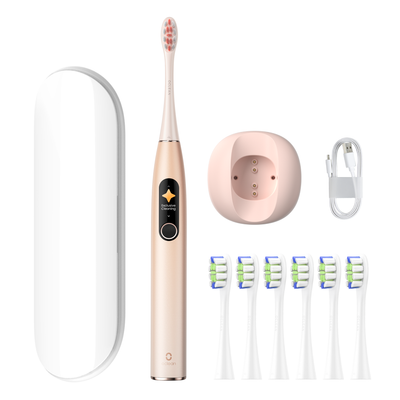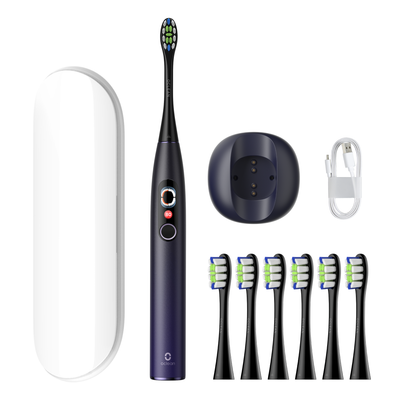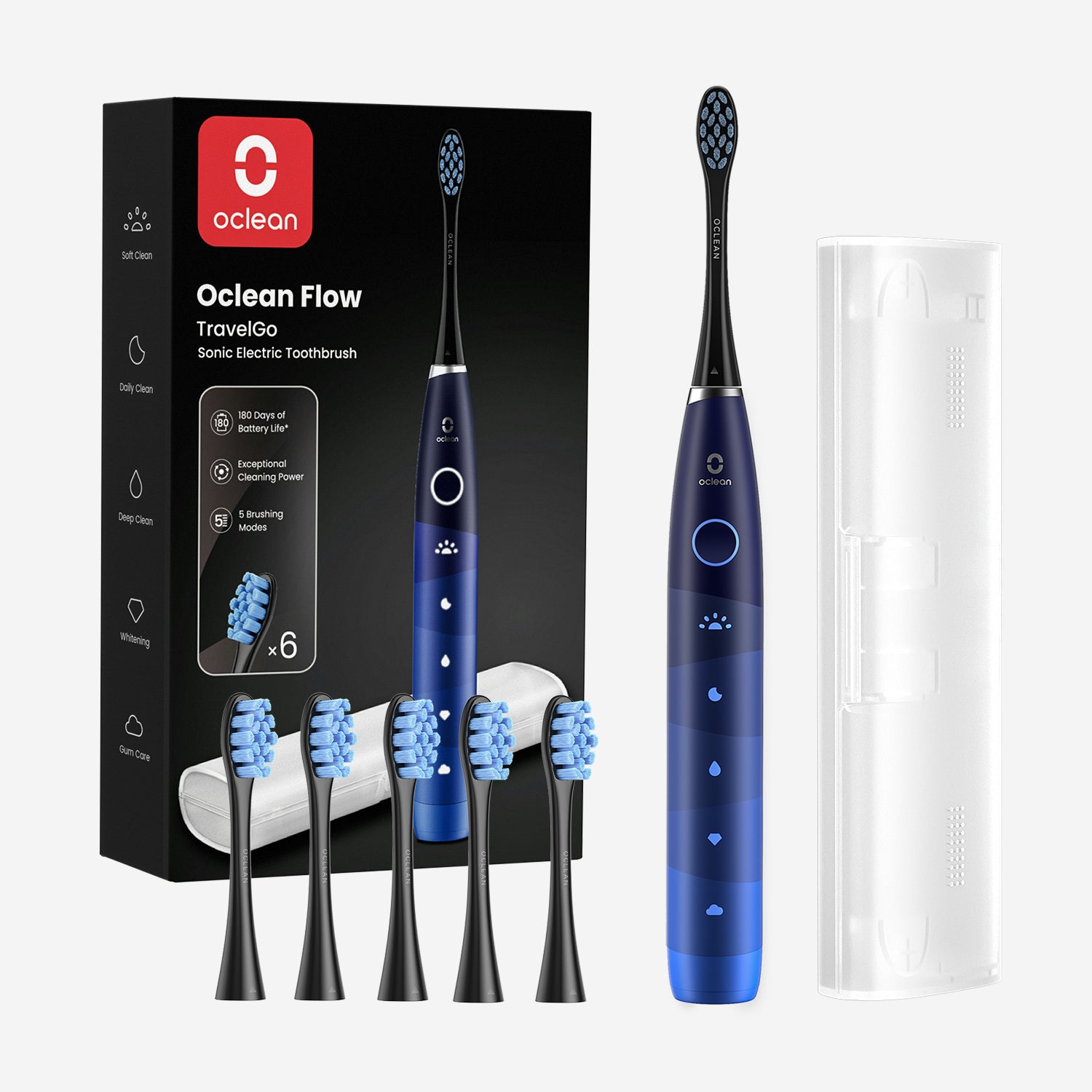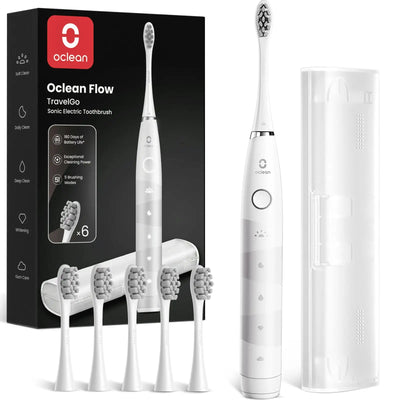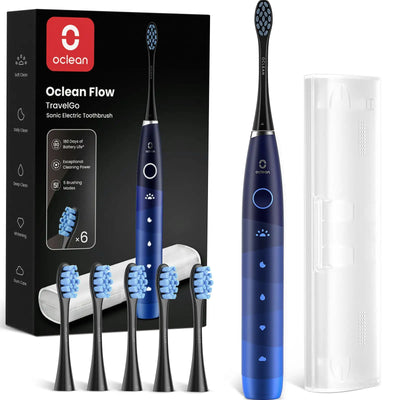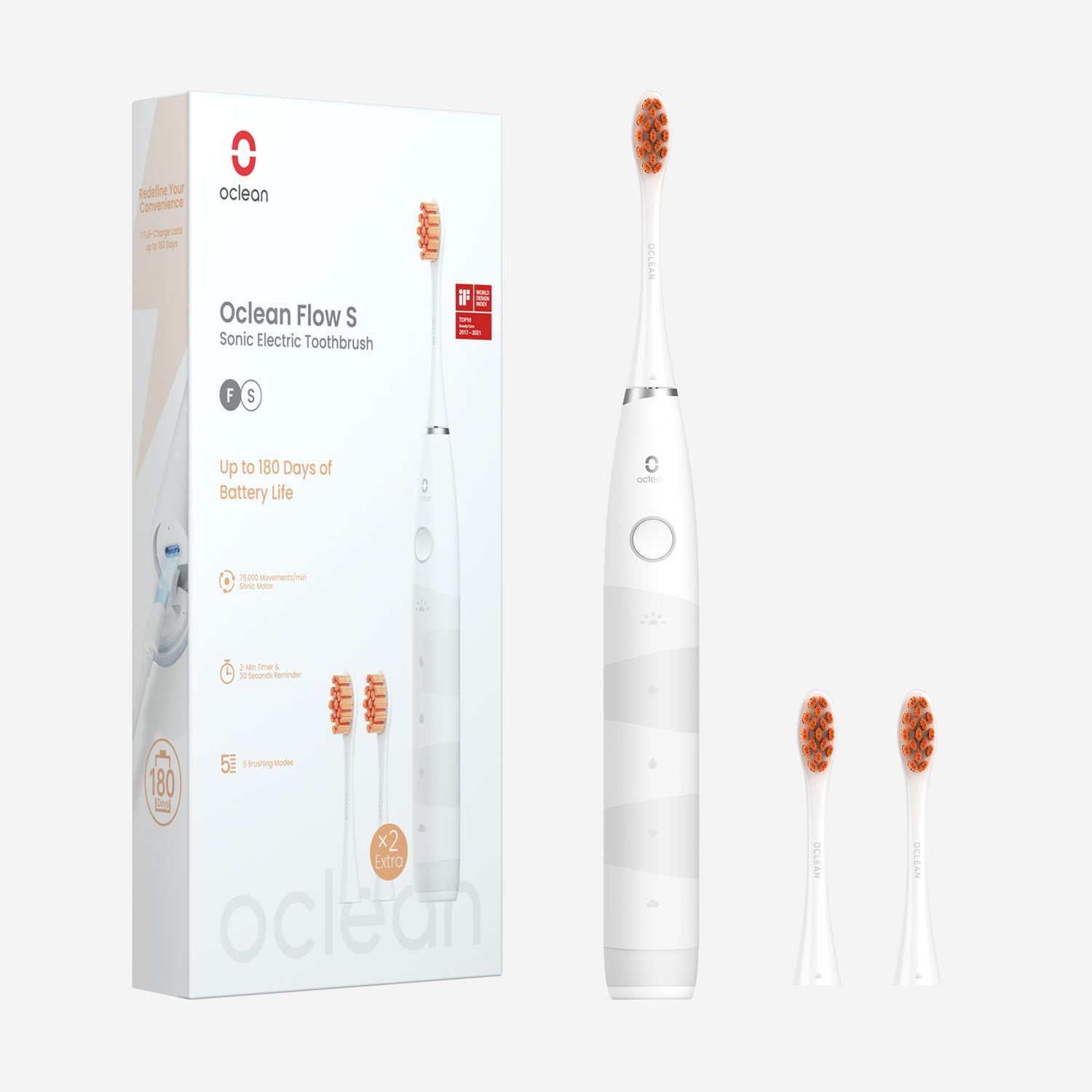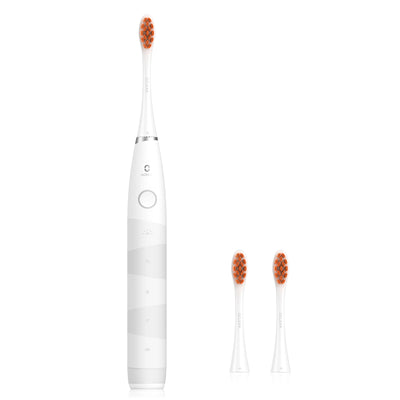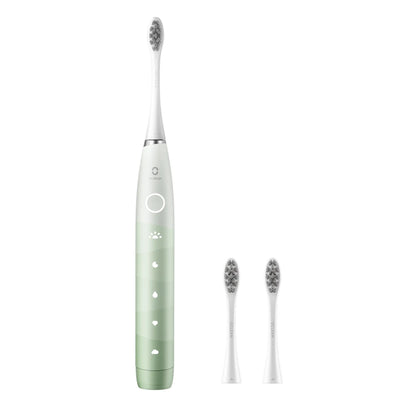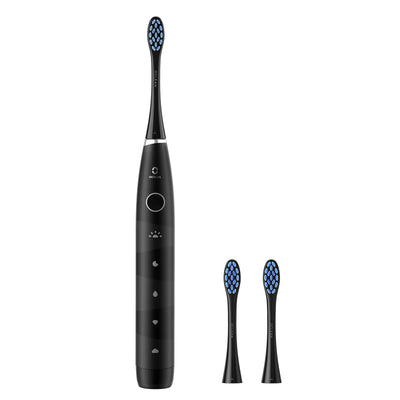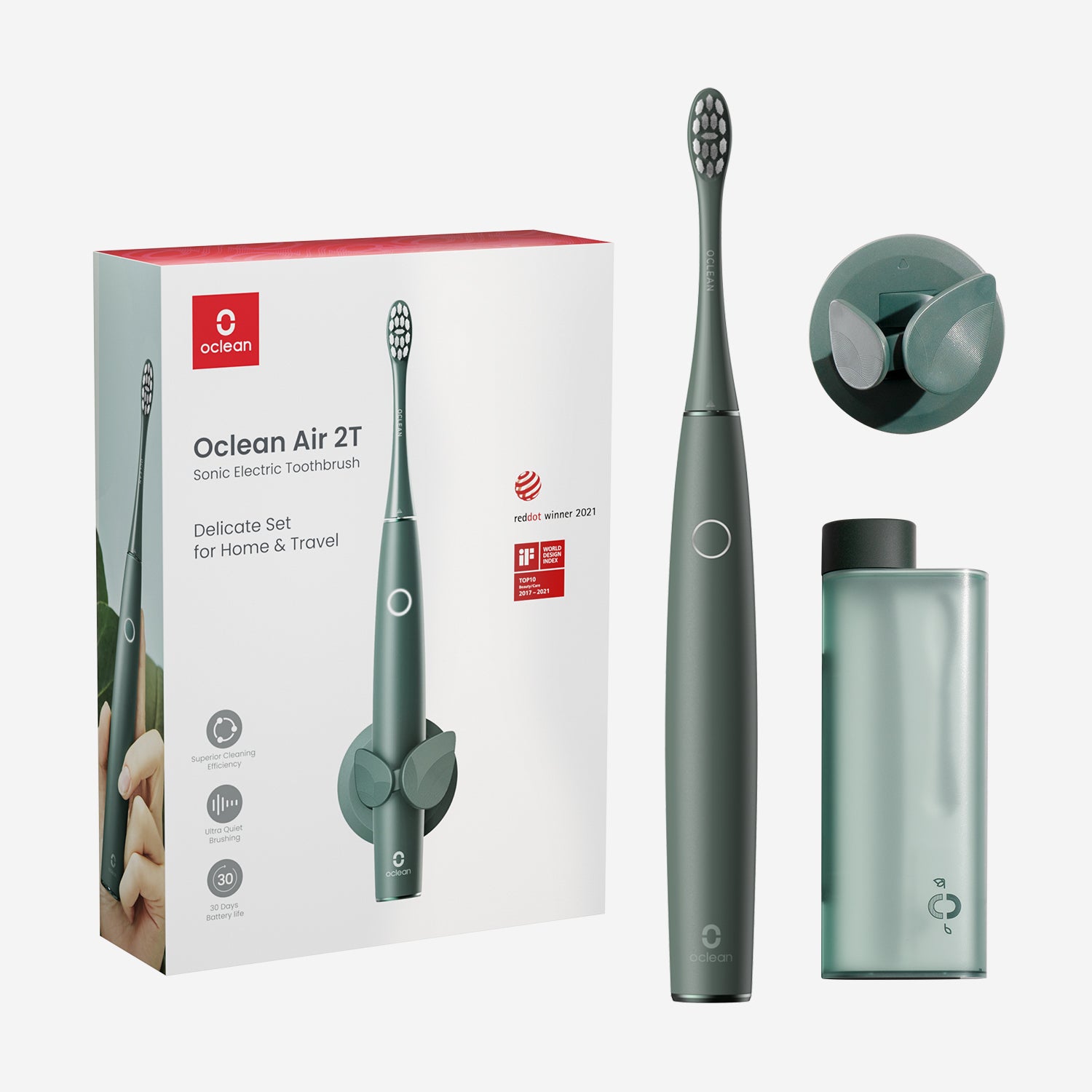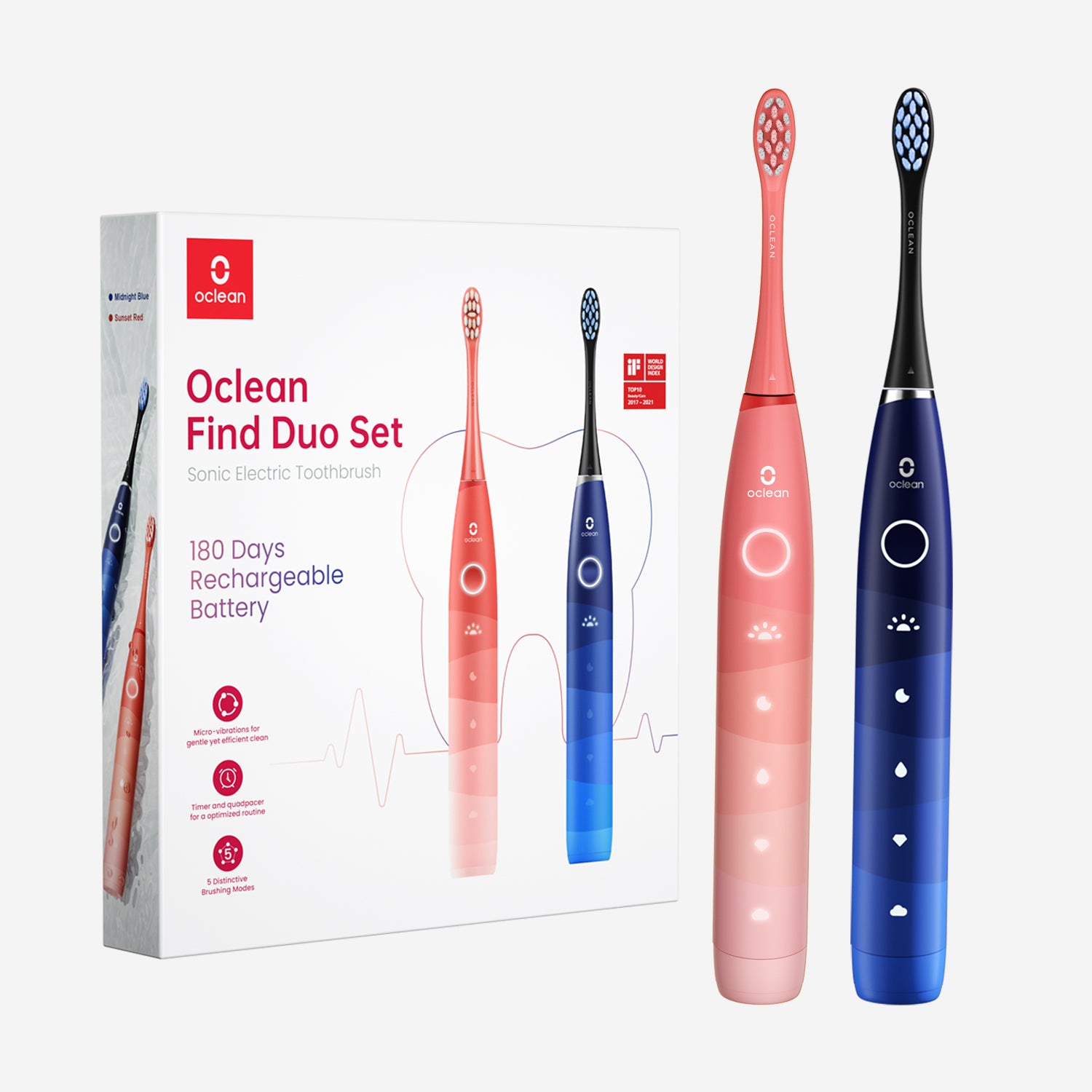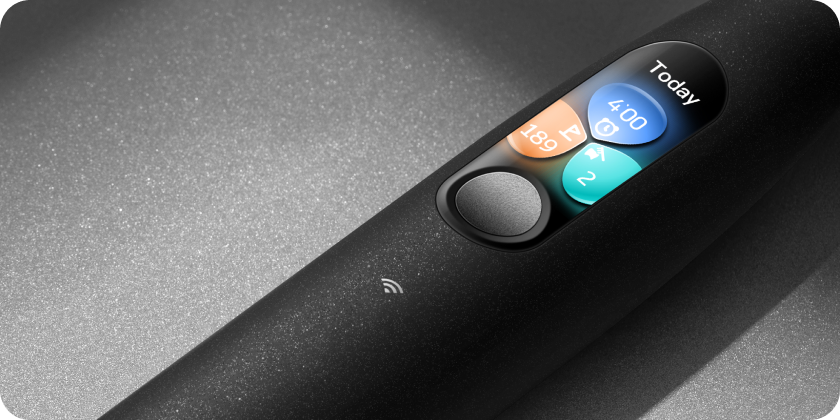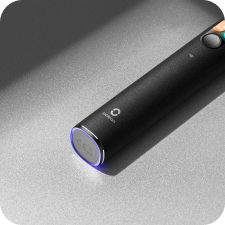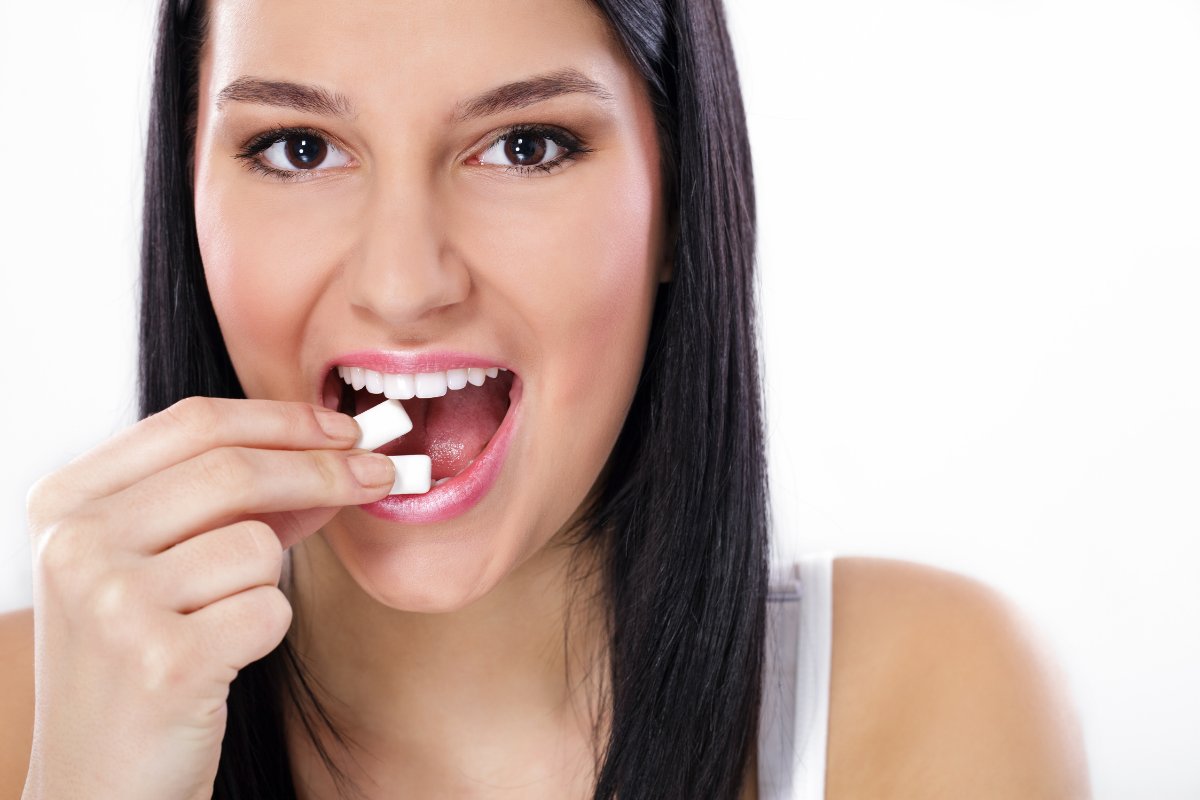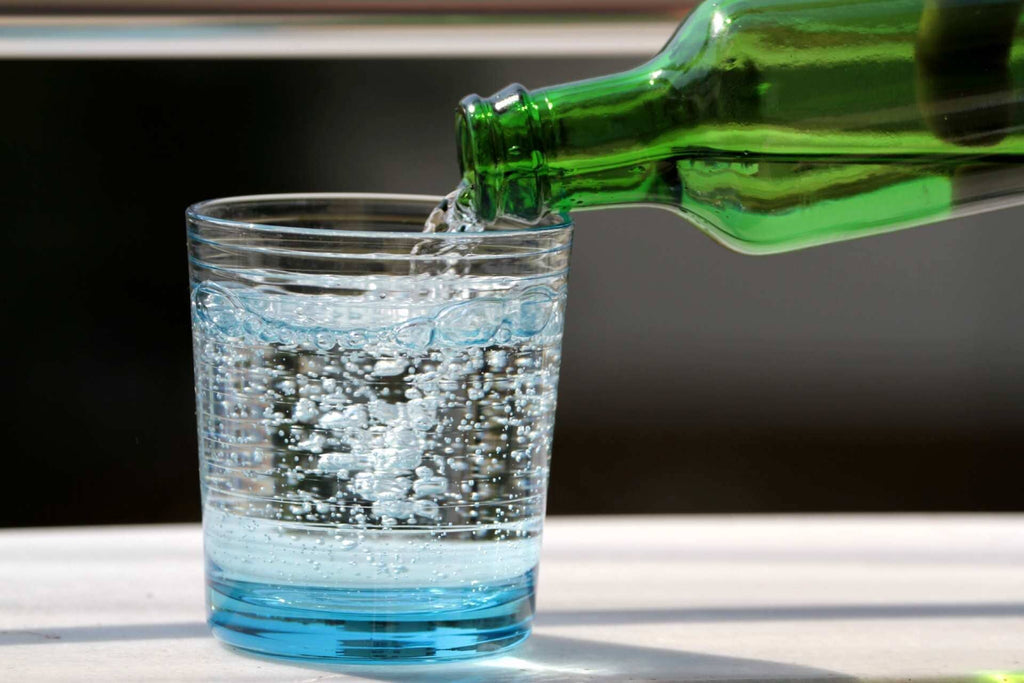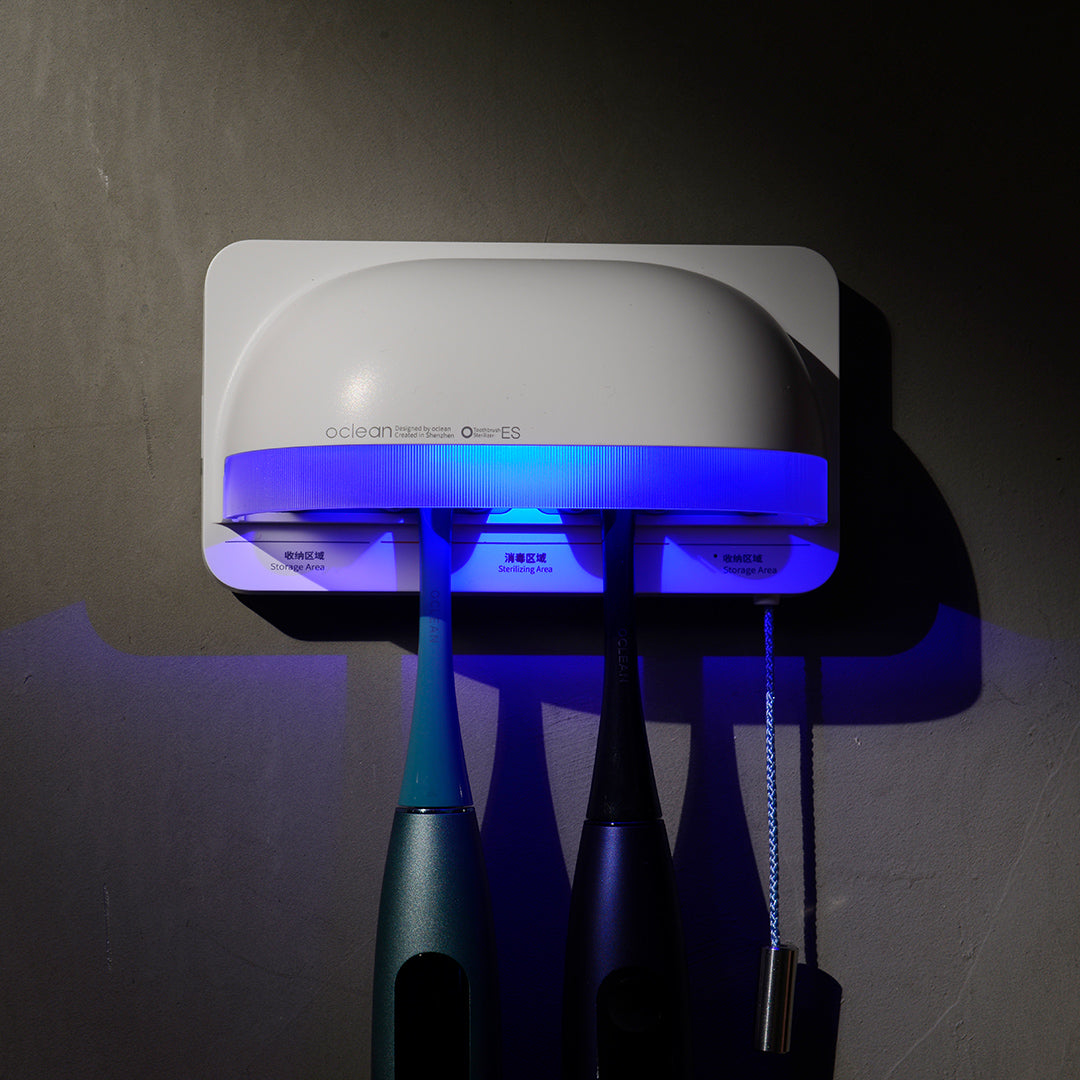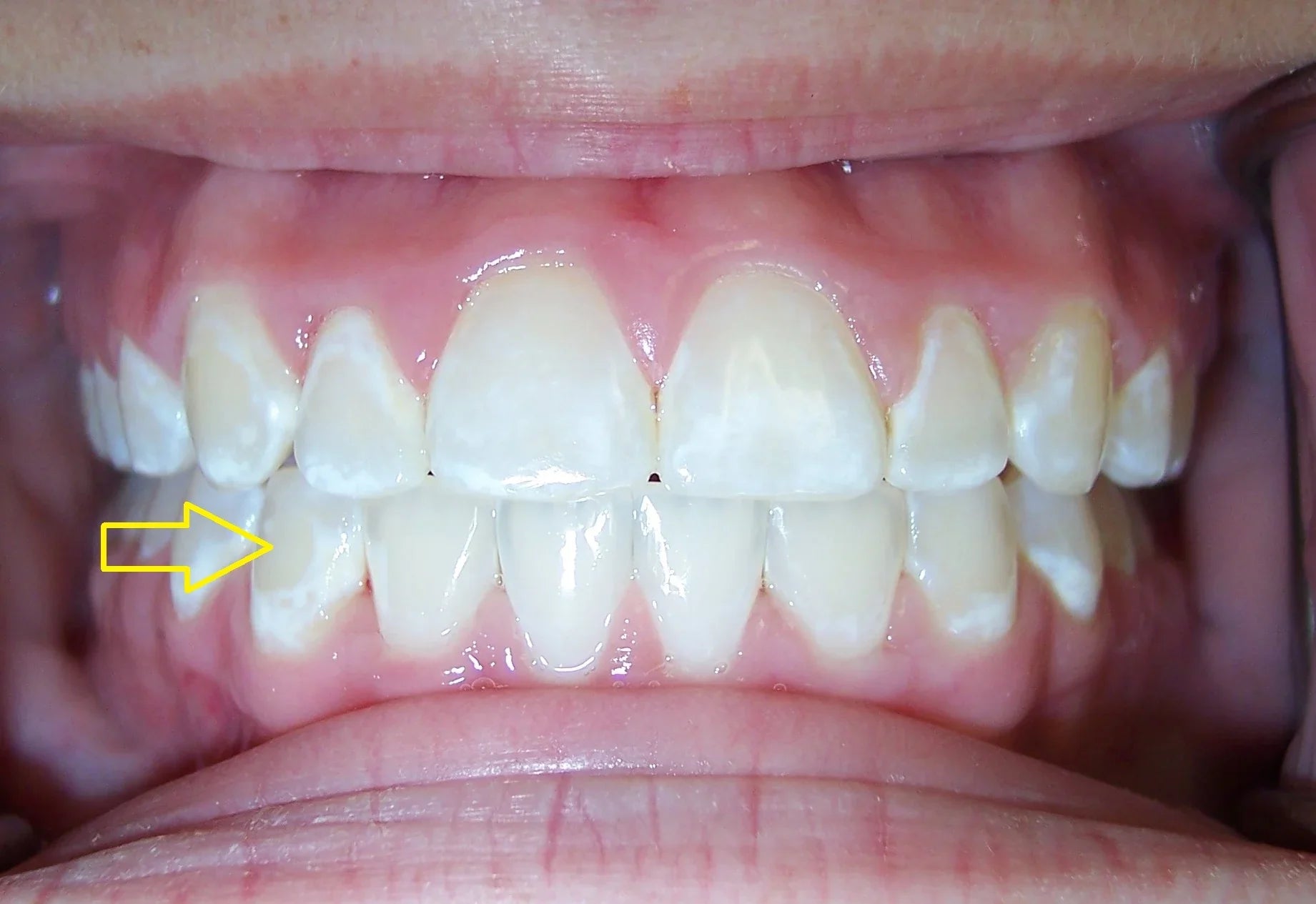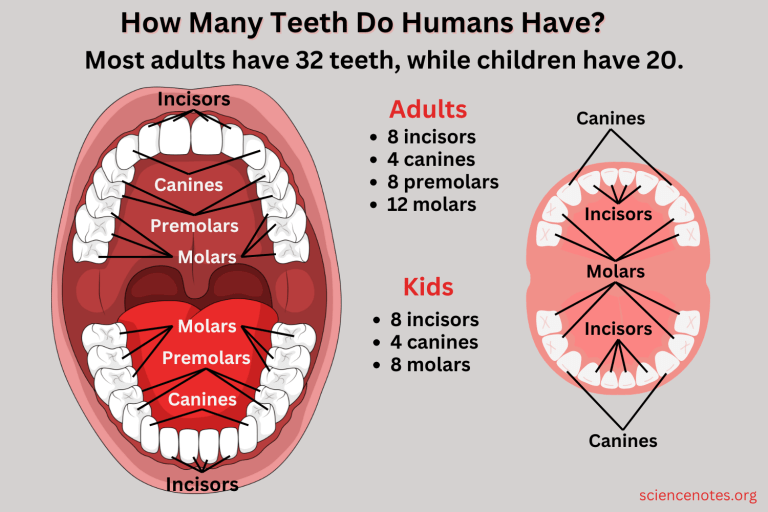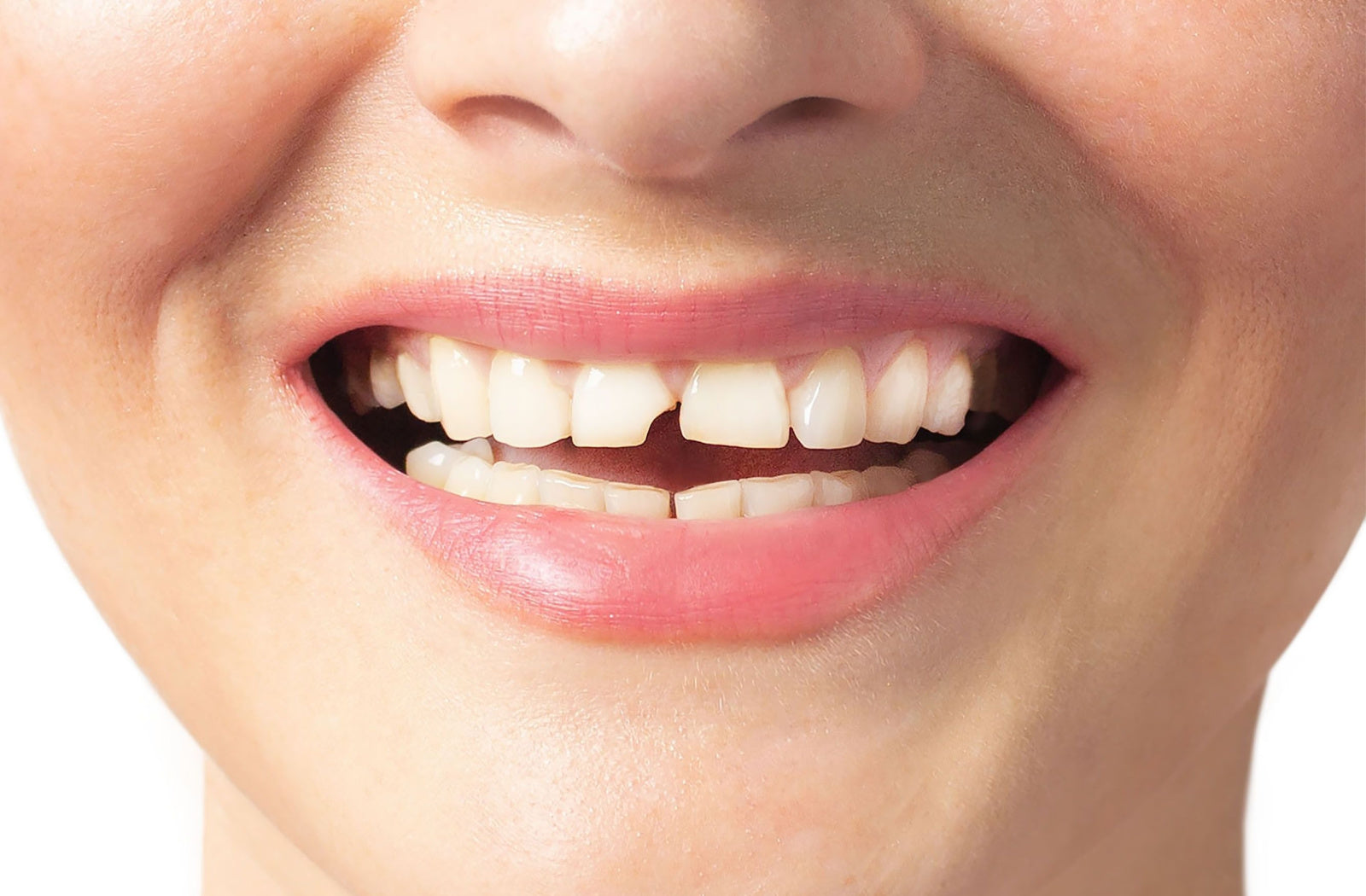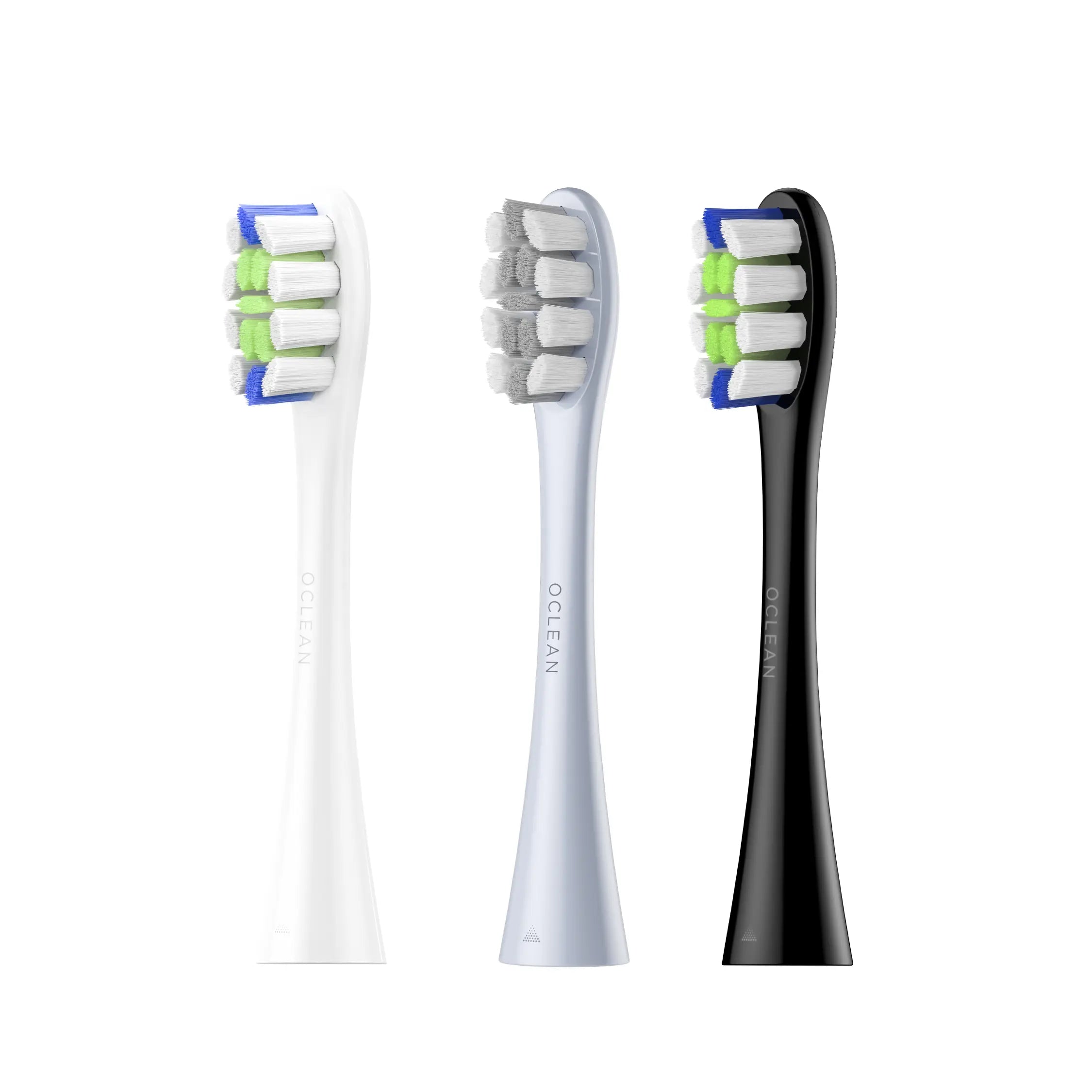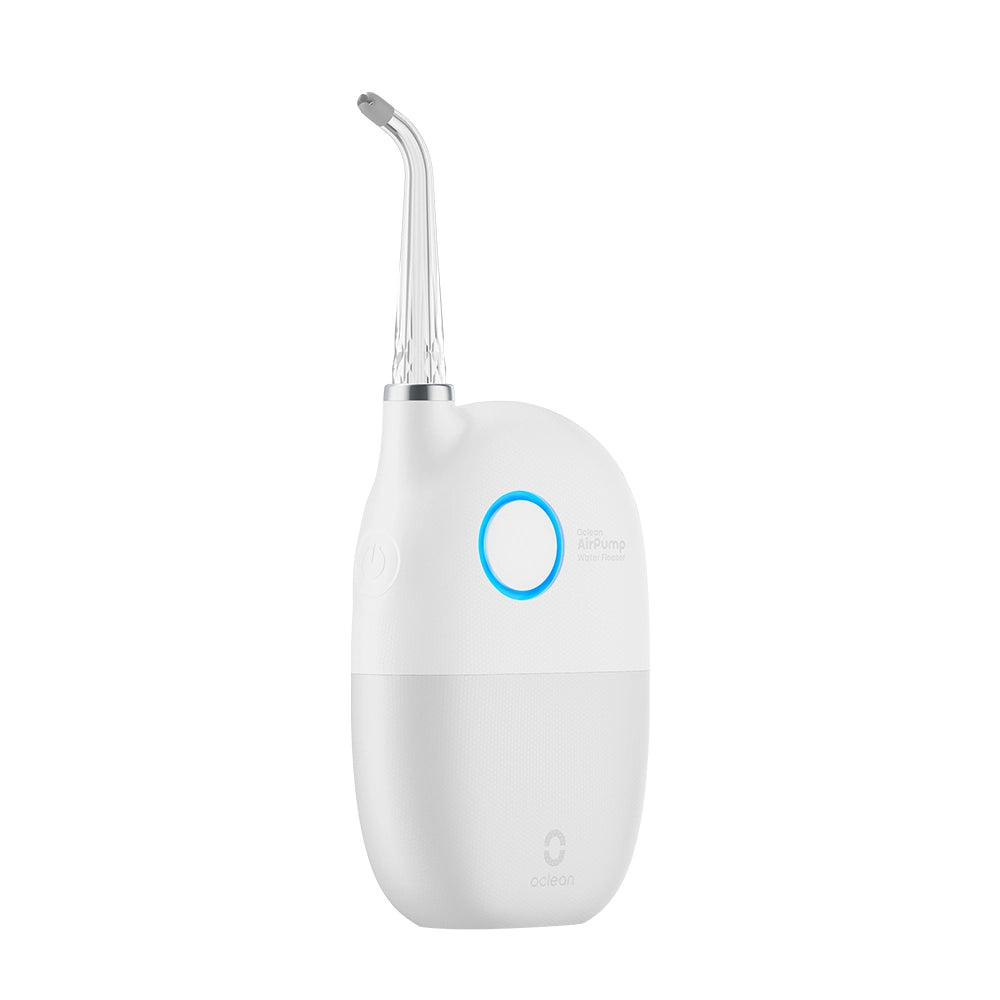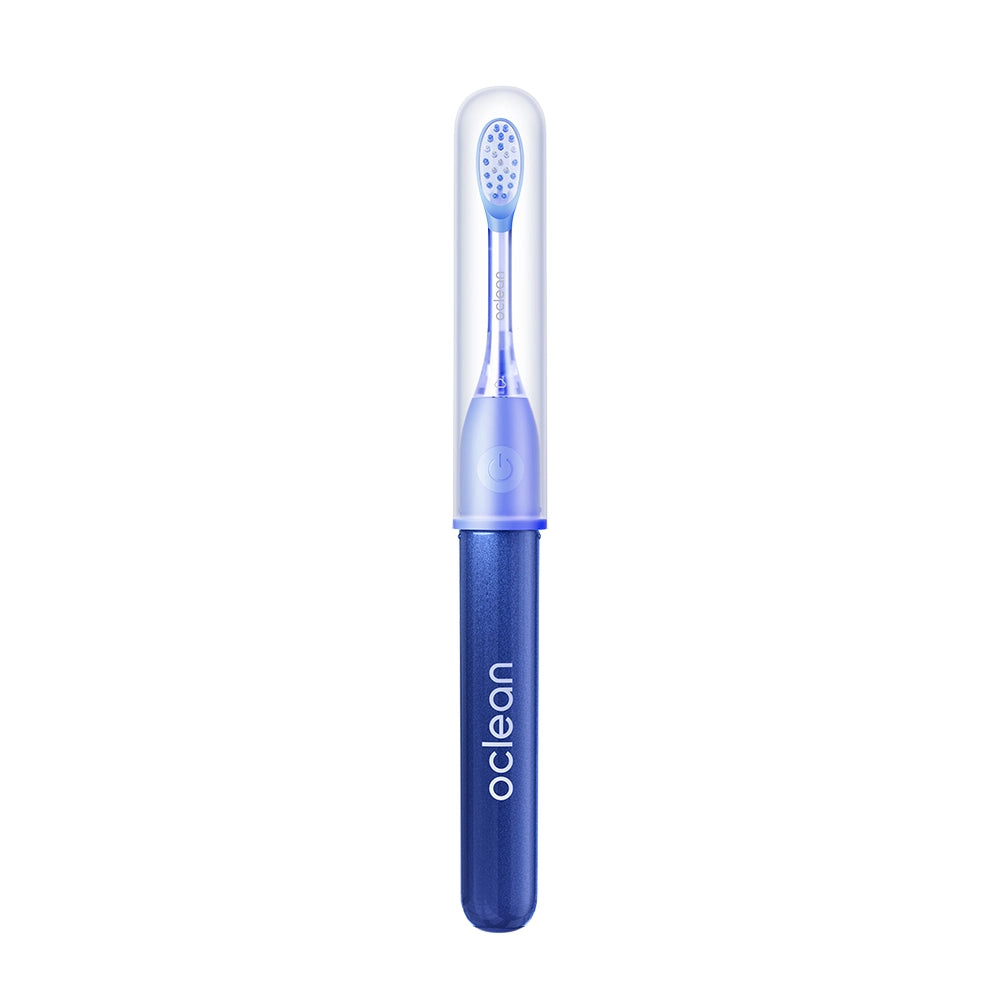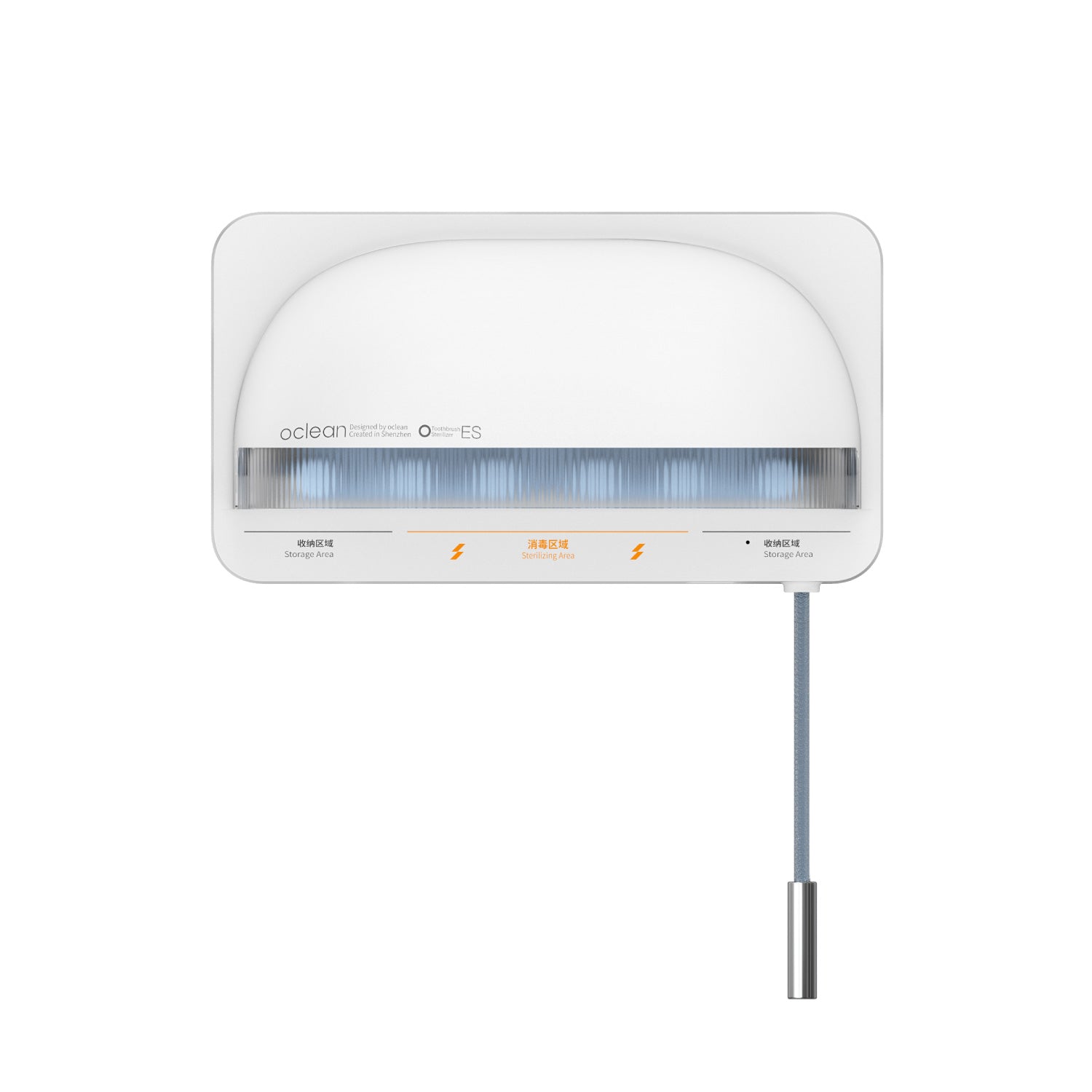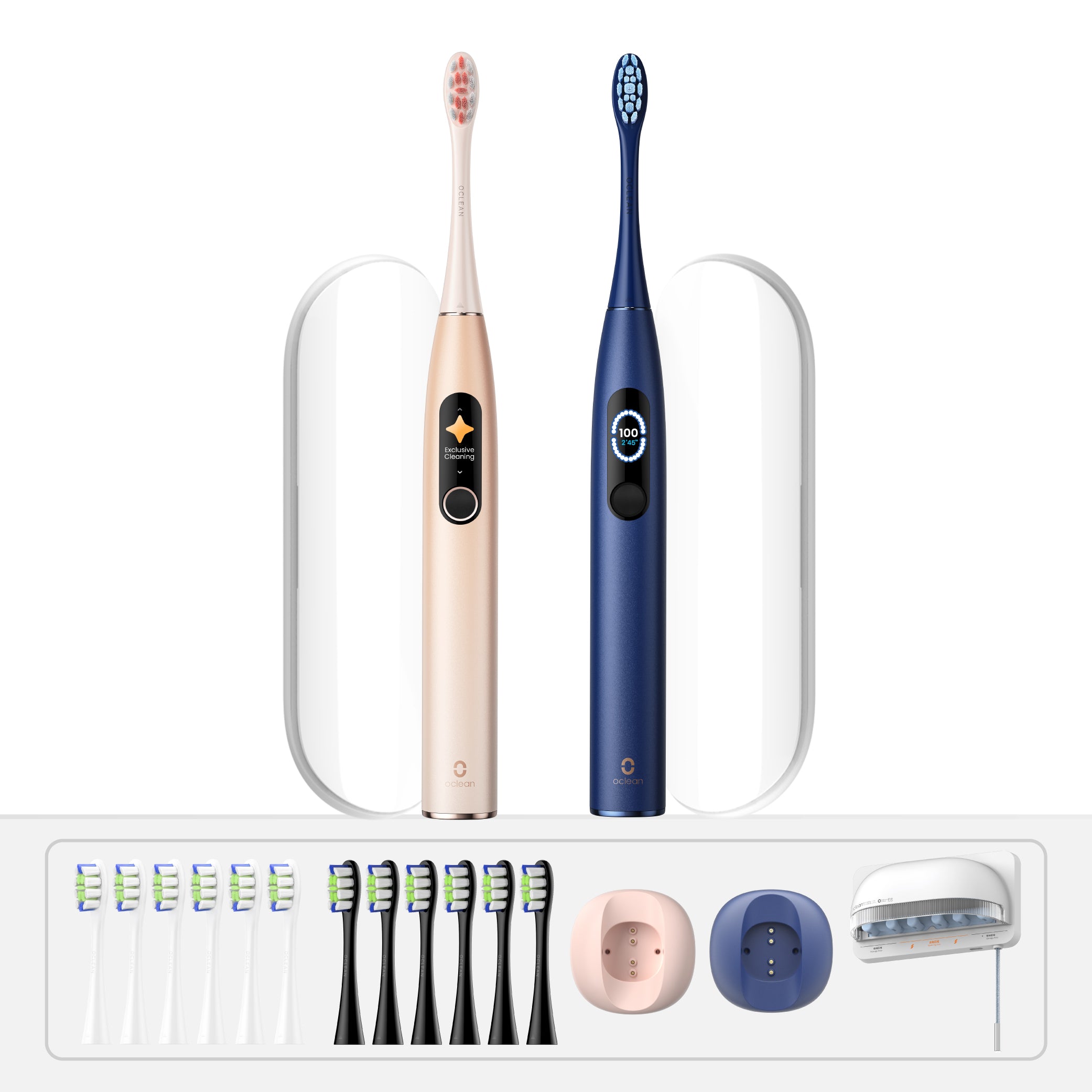Does It Hurt When You Bite Down? Here’s why!
“Why does biting cause my tooth to hurt?”
Experienced dentists hear this question daily. Toothache is notoriously described in the literature as a common and highly troublesome issue. Dentists usually have many tests to determine the exact cause of a toothache and formulate an appropriate treatment plan.
Let’s discuss some common questions patients have regarding this dental issue to reach a sound solution.
What Does It Mean If It Hurts To Bite Down On A Tooth?
Generally, just like how it is for the rest of the body, pain is experienced when nerve fibers associated with a tooth are stimulated. Biting down is likely to stimulate the associated nerve fibers (or, more specifically, A-delta nerve fibers) to send pain signals to the brain due to an associated pathology of the tooth.
Therefore, if you are experiencing discomfort with biting, there is likely a dental pathology that irritates the nerves of the associated tooth.
Multiple oral conditions, alterations, and disease can trigger a toothache, from decay to enamel wear. However, in some cases, tooth pain when biting down can also stem from non-dental issues, such as sinus infections or temporomandibular joint (TMJ) disorders. Additionally, recent dental work or a change in bite alignment may temporarily cause sensitivity or discomfort. Therefore, identifying the specific cause is essential for effective treatment.
So, What Are The Likely Causes?
The pain due to the pressure of biting down can be attributed to several causes, such as the following:
1. Tooth Sensitivity
One of the most prevalent causes of biting pain is sensitivity. That's when the enamel on your tooth wears away or your gums begin to recede, exposing the dentin. Dentin contains microscopic tubes that connect directly to the tooth nerve.
When those tubes are exposed to stimulation, such as temperature changes or pressure, it can cause sharp, sudden pain.
Over-brushing, acidic foods, or even grinding your teeth can speed up enamel wear and leave your teeth exposed. If this is your situation, you might be experiencing sensitivity. Fortunately, desensitizing toothpaste, fluoride treatments, and even a change in your brushing style can help stop the damage.
However, if the sensitivity worsens, your dentist may recommend treatments like bonding agents, varnishes to cover exposed dentin, or other restorative treatment like a composite. In severe cases, you may require gum grafts to protect the exposed tooth roots.
2. Teeth Grinding (Bruxism)
Teeth grinding or bruxism can cause pain when biting down since it constantly presses on your jaw and teeth. Worn enamel, loose teeth, and even jaw pain are some of the potential effects of grinding. If you wake up with a sore jaw or find that your teeth are more sensitive, you may even be grinding your teeth without even knowing it.
Additionally, chronic bruxism can also lead to microfractures in teeth, which may not be visible but can contribute to pain when chewing. Eventually, if the condition is not appropriately treated, the constant trauma to the teeth can lead to excessive wear, nerve inflammation, and even tooth necrosis, requiring even more complex and expensive treatments. Although custom nightguards can help protect teeth from excessive pressure and prevent your teeth from wearing each other, they do not fix the cause.
3. Gum Disease
Gum disease is another potential cause of your teeth hurting when you bite down. It begins with gingivitis, inflammation of the gums that is caused by plaque and can progress to periodontitis, a more severe infection of the bone upon which your teeth are attached.
While gingivitis is a mild and reversible inflammation of the gums, periodontitis involves the permanent loss of supporting soft tissues surrounding the teeth, making the treatment more complex and challenging.
The pain most often occurs due to the infection, making your gums inflamed and sensitive, thus making surrounding teeth sensitive. Gum disease, left untreated, will result in the loss of your teeth.
Brushing, flossing, and dental cleaning can, however, prevent gum disease and even reverse it if it is at its earliest stage. Having a toothbrush that is effective at removing plaque from your teeth, like a smart sonic toothbrush, can be a valuable aid in stopping gum disease from becoming an issue.
In some cases, gum disease can cause abscess formation, which may require drainage or antibiotic treatment to control the infection.
Fortunately, gum disease is usually a preventable disease. By keeping bacteria and dental plaque at bay, you can prevent the severe and complex consequences of this oral disease.
4. Loose or Shifting Teeth
You might think loose teeth are just for kids, but adults experience it as well. Teeth loosen or move due to a myriad of reasons, and this is painful when you bite. This is usually linked to gum disease, trauma, or even normal aging.
While bone loss around teeth is often caused by untreated periodontal disease, other oral problems can also contribute to mobility and pain when chewing. Most times, these issues are related to the support tissues surrounding your teeth, creating an uncomfortable feeling of instability when eating.
If your teeth are loose, you need to see a dentist to determine if this is a temporary issue or a more serious one. Sometimes, orthodontic treatment or even extraction is necessary to stabilize your bite again. Loose teeth are painful, but early intervention of the cause can prevent further complications.
5. Cavities
Cavities are a classic cause of tooth pain, and they often go unnoticed until the pain becomes unbearable. Cavities are caused by tooth decay that erodes the enamel, eventually making its way to the sensitive interior of the tooth. If the cavity is deep enough, it can hurt when biting down, especially if the cavity is close to the nerve.
Fortunately, routine dental check-ups and timely treatment can halt cavities before they get to the pain stage. If you are already experiencing pain, fillings or a root canal may be necessary, depending on the degree of decay.
If left untreated, deep cavities can lead to infections or abscesses, requiring more extensive procedures such as root canal therapy or extraction and leading to other severe consequences in the long term.
6. Impacted Wisdom Teeth
Wisdom teeth are a cause of pain in the majority of individuals, especially when impacted. Impacted wisdom teeth lack enough space to erupt out of the gum in a normal way. When you have an impacted wisdom tooth, you can feel pain when you bite down.
Infections around impacted wisdom teeth, known as pericoronitis, can cause swelling, pain, and difficulty opening the mouth. This is a common issue in teenagers, typically related to the inflammation and discomfort that comes from the gum around the wisdom teeth.
While you can expect some mild discomfort during the eruption of your third molars, pericoronitis can only be solved by a dental professional. Therefore, if you are in your late teens or early twenties and start to feel pain at the back of your mouth, then it is probably time to schedule an appointment with a dentist to determine if your wisdom teeth are impacted.
7. TMJ Disorders
If you've ever experienced jaw pain, clicking when you open your mouth, or chewing problems, you may have a temporomandibular joint (TMJ) disorder. The TMJ is the joint that attaches your jawbone to your skull, and when this joint is inflamed or misaligned, it can produce pain that can radiate through the jaw and teeth.
This can be the result of stress, trauma, or even bad posture. Treatment ranges from physical therapy and bite splints to more invasive treatments like surgery in severe cases. TMJ disorders can be extremely painful, but with proper treatment, the pain can be managed.
Additionally, clenching the jaw due to stress can exacerbate TMJ-related discomfort. Massage, relaxation techniques, and physical therapy can help alleviate tension in the joint.
8. Sinus Infections
You may be surprised to learn that sinus infections can lead to referred pain in your teeth. When sinuses are inflamed due to an infection, they can press on the top teeth, particularly on the molars, causing pain while biting down. The pain is often mistaken for a toothache. This occurs because your upper molars are deeply connected to your maxillary sinus, creating a connection that can affect the nerve fibers inside teeth without any existing tooth issue.
Besides the pain in the teeth, you may also experience sinus pressure, congestion, and a runny nose. If the culprit is a sinus infection, treating the infection with decongestants or antibiotics can relieve the pain in the teeth.
9. Cracked Tooth Syndrome
Patients often wonder why their tooth hurts without a cavity. The cause of such an experience could be cracked tooth syndrome.
Sometimes, your tooth will develop cracks or fractures in its outer structure. This may be due to biting on a hard object that your tooth’s enamel could not bear. Without treatment, cracks can deepen, possibly leading to infections or even tooth loss.
This syndrome may be difficult to recognize as small cracks are often not evident on a radiograph. A dentist must evaluate the tooth under good lighting to notice a crack. A characteristic feature of this syndrome is sharp pain upon releasing the bite. Hence, if your symptoms are similar, the likely cause of your pain could be a pesky crack.
10. Trauma from Occlusion Due To a High Filling
Dentists usually evaluate the bite using an articulating paper to determine whether your teeth are closing properly if you just got a cavity filled. Your treated tooth should not feel unusually high despite the filling.
If your tooth is over-filled and not reduced, biting down or occluding your teeth will transmit pressure to the supporting structures of your tooth around its root, known as periodontal ligaments. These ligaments, upon biting, will get inflamed, causing pain. This is known as trauma from occlusion, which is better defined in an article published in the National Library of Medicine as “tissue injury due to distorted occlusion.”
Although it can be a frequent complication of dental fillings, it can be easily prevented with the appropriate communication with your dentist. Report and explain any discomfort or bumps in your bite immediately after your restoration to prevent further complications.
11. Abscess
The presence of an abscess around the roots of your teeth could cause significant pain upon biting. The American Dental Association describes a dental abscess as “An infection caused by tooth decay, periodontal disease or a cracked tooth.” A dental abscess should be treated as soon as possible. Otherwise, an unpleasant swelling around your tooth will continue to expand, weakening your jawbone.
Avoiding an abscess by maintaining good oral hygiene and using effective aids such as an electric toothbrush is better. Smart electric toothbrushes efficiently clean teeth to prevent the development of cavities, which may lead to abscesses if not treated on time. Regular flossing also ensures no food remains stuck between teeth, which may act as a breeding ground for harmful, decay-causing bacteria.
How Should I Treat This Pain?
Your treatment depends on the cause and the severity of the affection. As a result, the first step is to get a proper diagnosis from a certified dentist. The dentist will evaluate your bite, take radiographs, test the sensitivity of your teeth, and form a treatment plan based on the clinical and radiographic findings.
It is best to avoid any pathology from developing to prevent experiencing any pain in the first place. You can keep your teeth and gums healthy by following a strict oral hygiene maintenance protocol, which includes brushing twice a day, flossing, and using mouthwash as prescribed by your dentist.
In addition to professional treatment, you can also achieve temporary pain relief by avoiding hard foods, using desensitizing toothpaste, and applying cold compresses for swelling.
How Do I Optimize My Cleaning?
The key to effectively cleaning your teeth is using the correct tools. Oclean offers a range of smart toothbrushes that are more effective in removing plaque and food debris from around teeth than the traditional manual toothbrush. Sonic electric toothbrush also efficiently deliver fluoride from your toothpaste to your teeth. Fluoride strengthens the teeth, making them unlikely to develop a crack or fracture.
Additionally, you can use remineralizing toothpaste and other fluoride treatments to strengthen your enamel and reduce sensitivity.
When to Seek Immediate Dental Care
Any dental pain is a good reason for a professional dental consultation. Most treatable dental problems can worsen quickly without the appropriate intervention. Therefore, if the pain is severe, persistent, or accompanied by swelling, pus, or fever, it indicates an infection that requires urgent treatment.
Also, sudden pain after a dental procedure could mean an adjustment is needed or that an underlying issue has worsened.
Remember that early intervention can prevent more extensive and costly dental procedures in the future.
Conclusion
Pain upon biting can be a terrifying experience. Not only is it a huge cause of concern, but it also prevents individuals from fully enjoying their meals, and the associated cause can further perpetuate if not appropriately treated. To avoid such an event, it is best to take care of one’s oral hygiene and frequently visit the dentist for routine dental checkups.
References
1. Fan, J., & Caton, J. G. (2018). Occlusal trauma and excessive occlusal forces: Narrative review, case definitions, and diagnostic considerations. Journal of periodontology, 89 Suppl 1, S214–S222. https://doi.org/10.1002/JPER.16-0581
2. INGERSOLL, W. B., & KERENS, E. G. (1952). A treatment for excessive occlusal trauma or bruxism. Journal of the American Dental Association (1939), 44(1), 22–26. https://doi.org/10.14219/jada.archive.1952.0032
3. Sanders JL, Houck RC. Dental Abscess. [Updated 2023 Feb 20]. In: StatPearls [Internet]. Treasure Island (FL): StatPearls Publishing; 2025 Jan-. Available from: https://www.ncbi.nlm.nih.gov/books/NBK493149/
González-Sánchez, B., García Monterey, P., Ramírez-Durán, M. D. V., Garrido-Ardila, E. M., Rodríguez-Mansilla, J., & Jiménez-Palomares, M. (2023). Temporomandibular Joint Dysfunctions: A Systematic Review of Treatment Approaches. Journal of clinical medicine, 12(12), 4156. https://doi.org/10.3390/jcm12124156
Table of Contents
